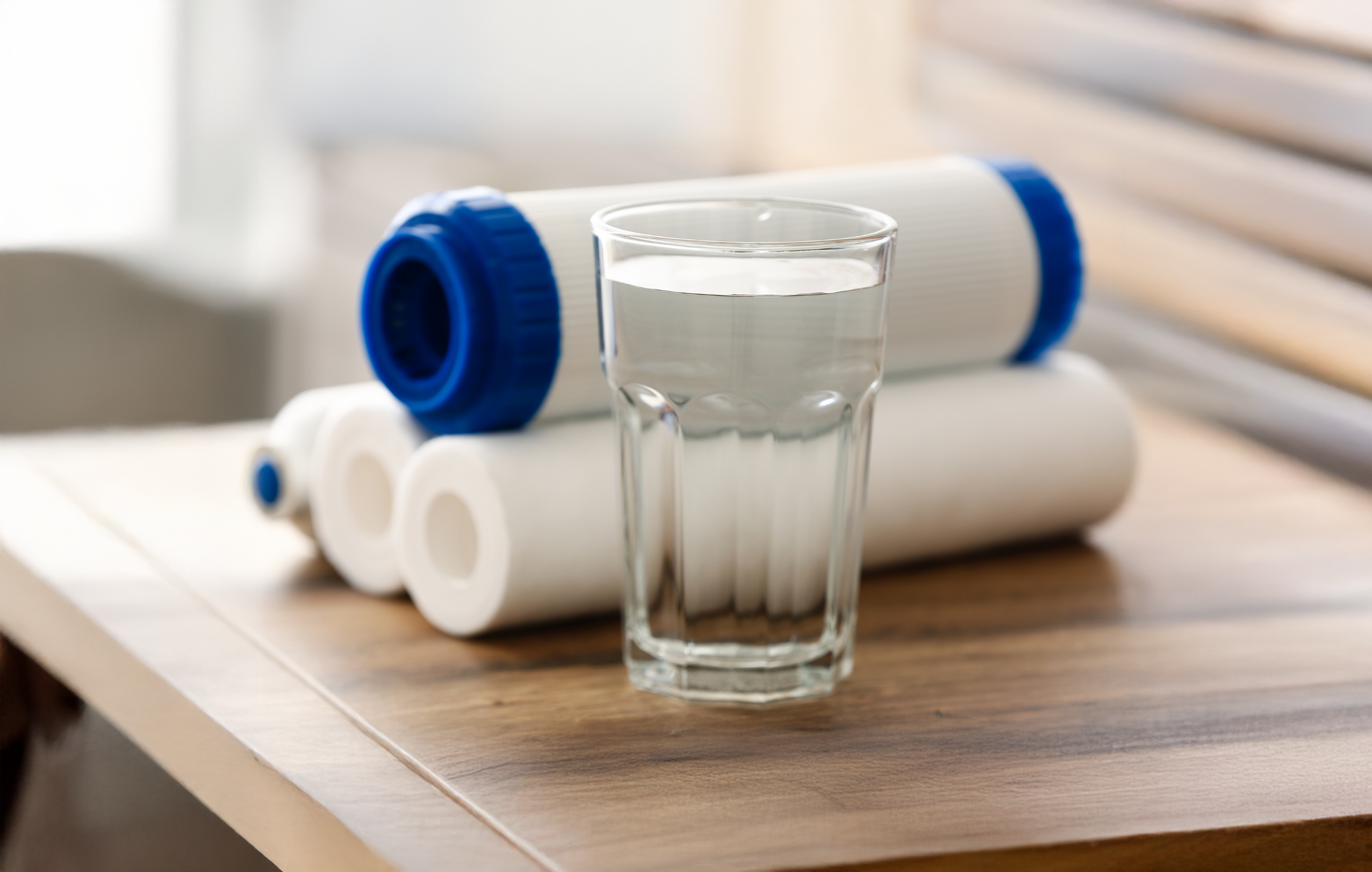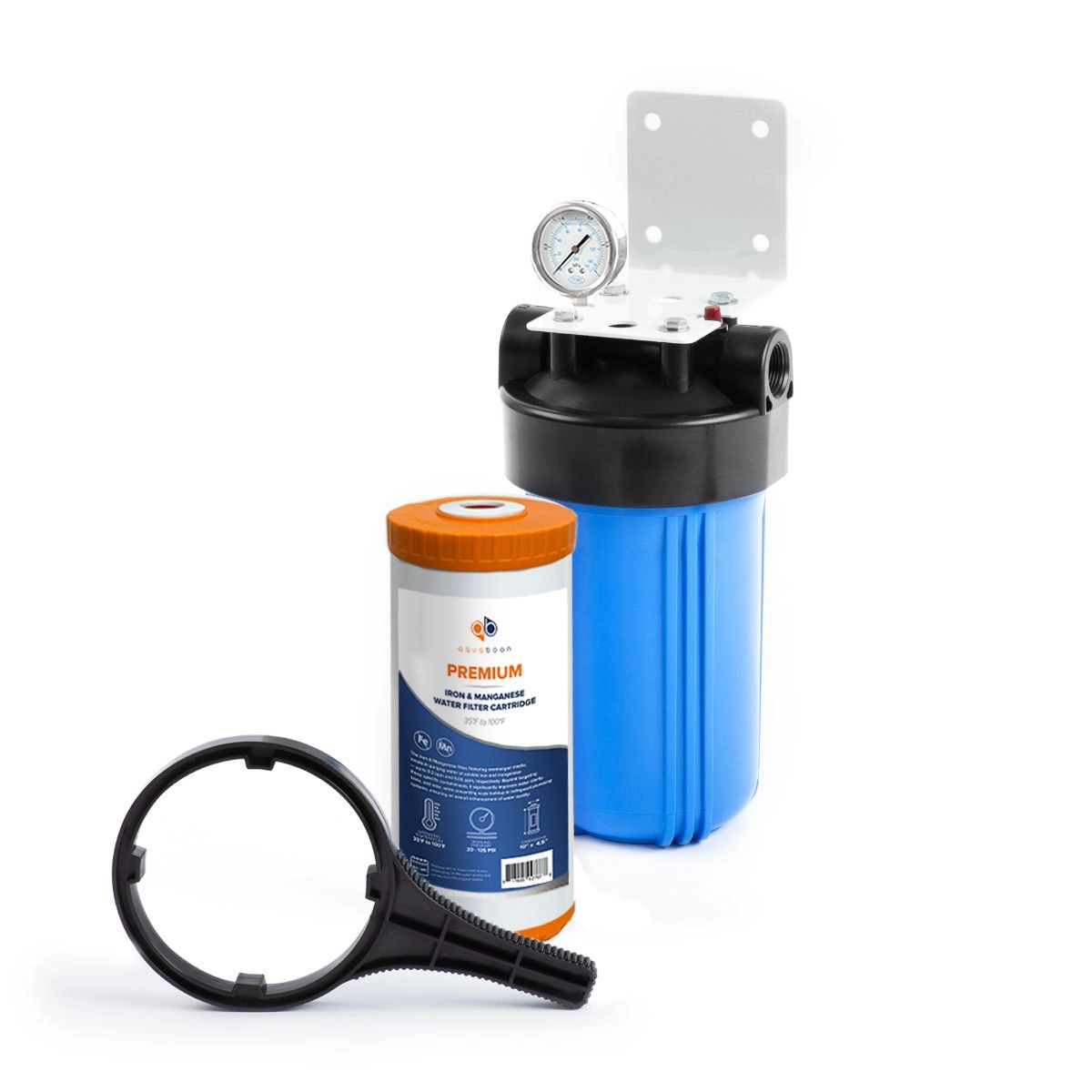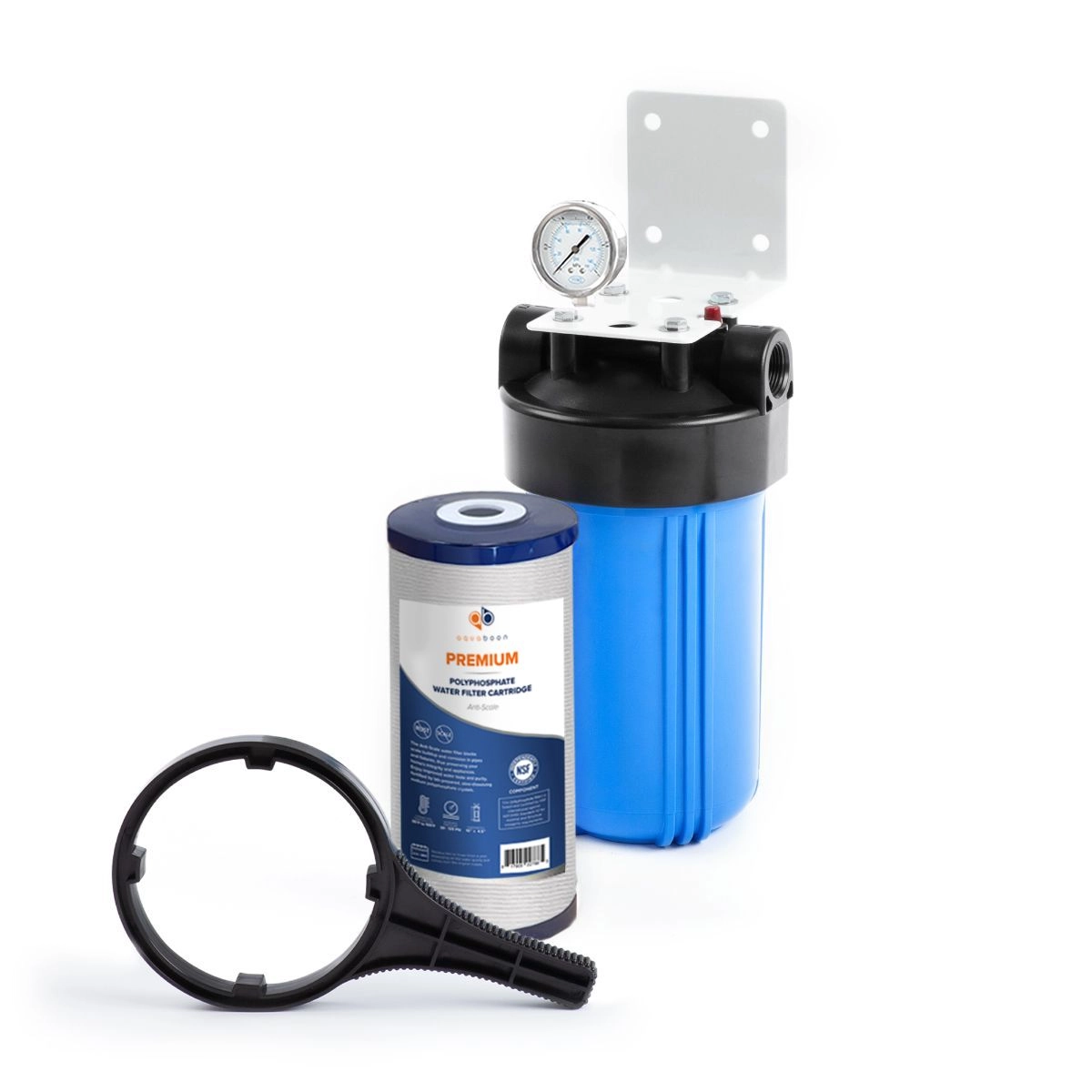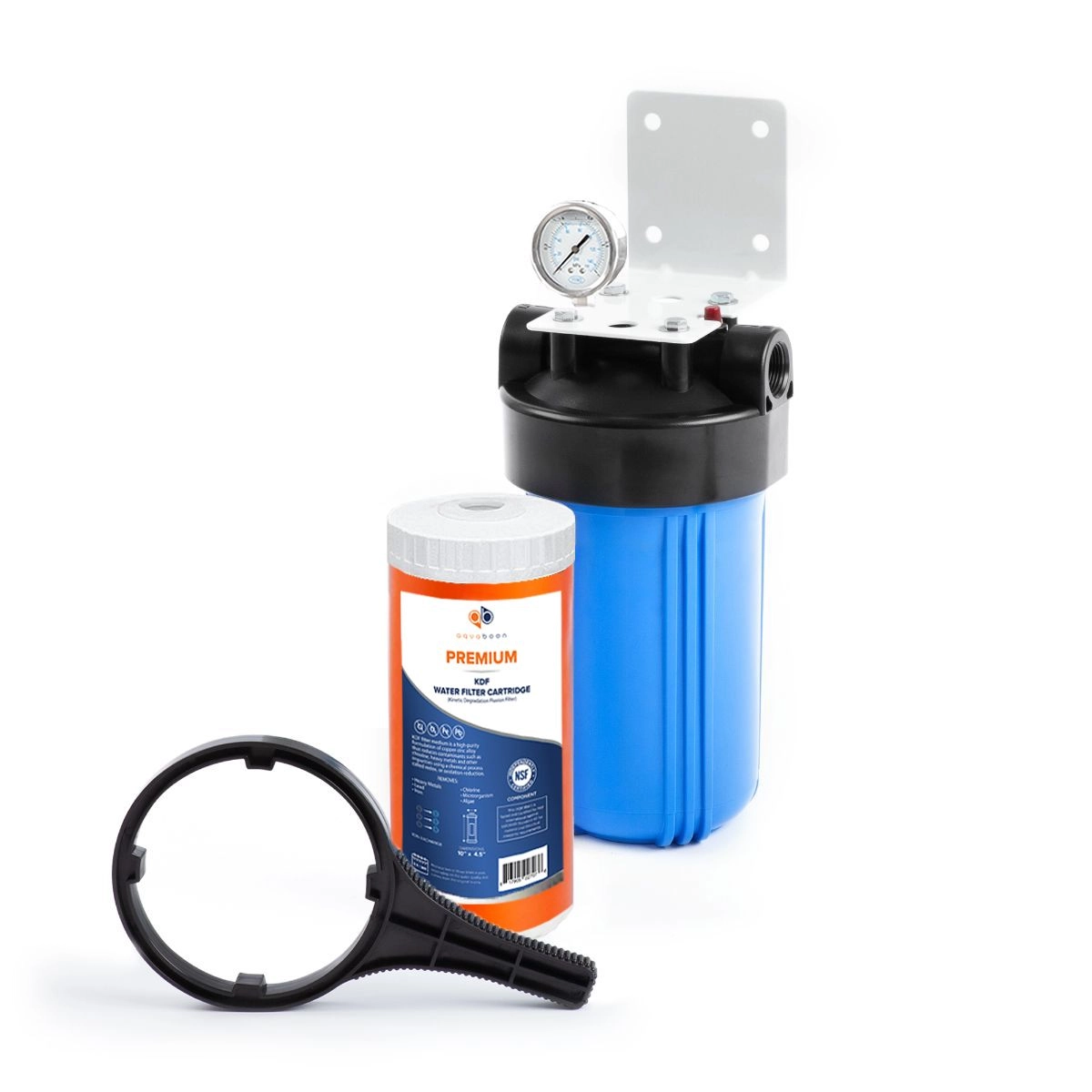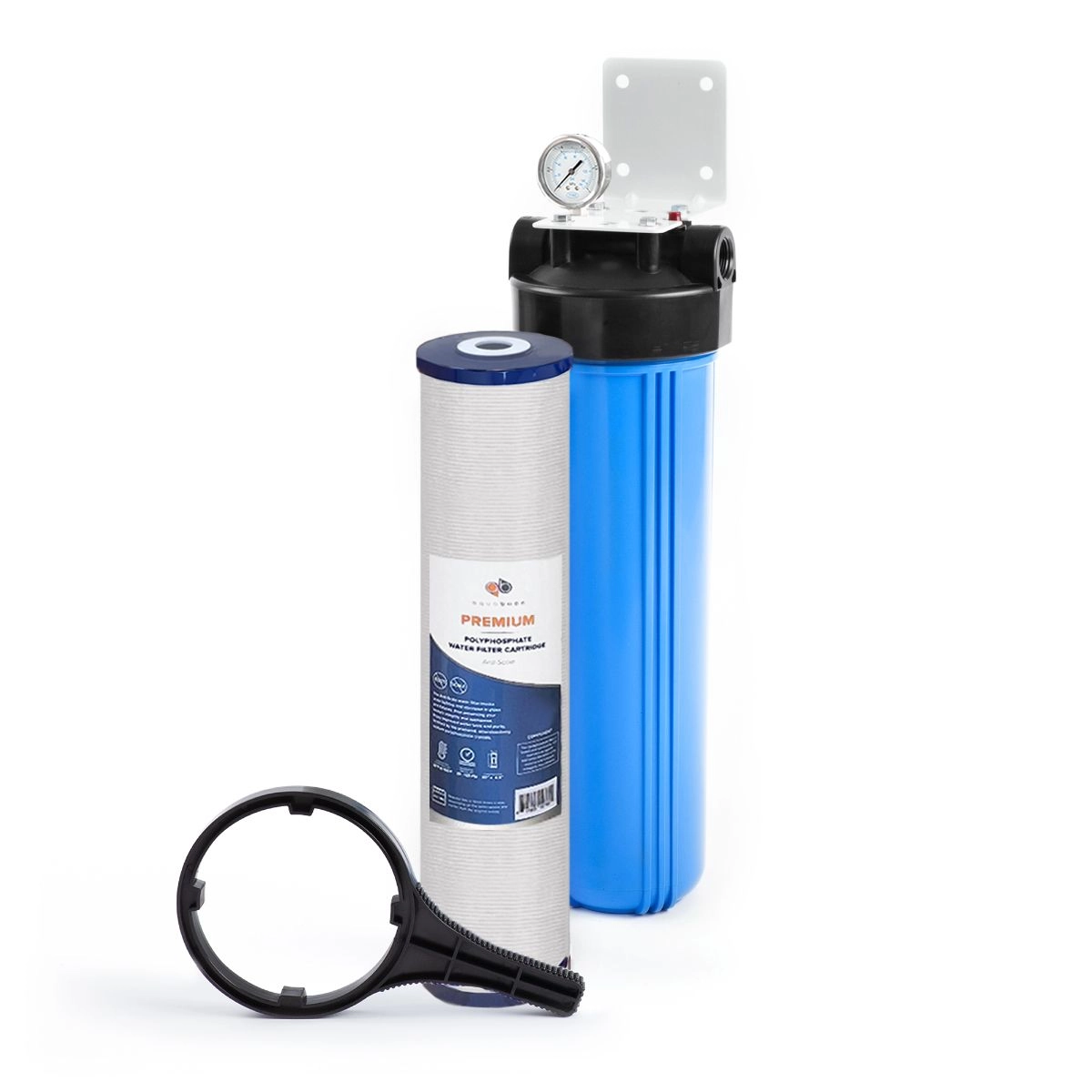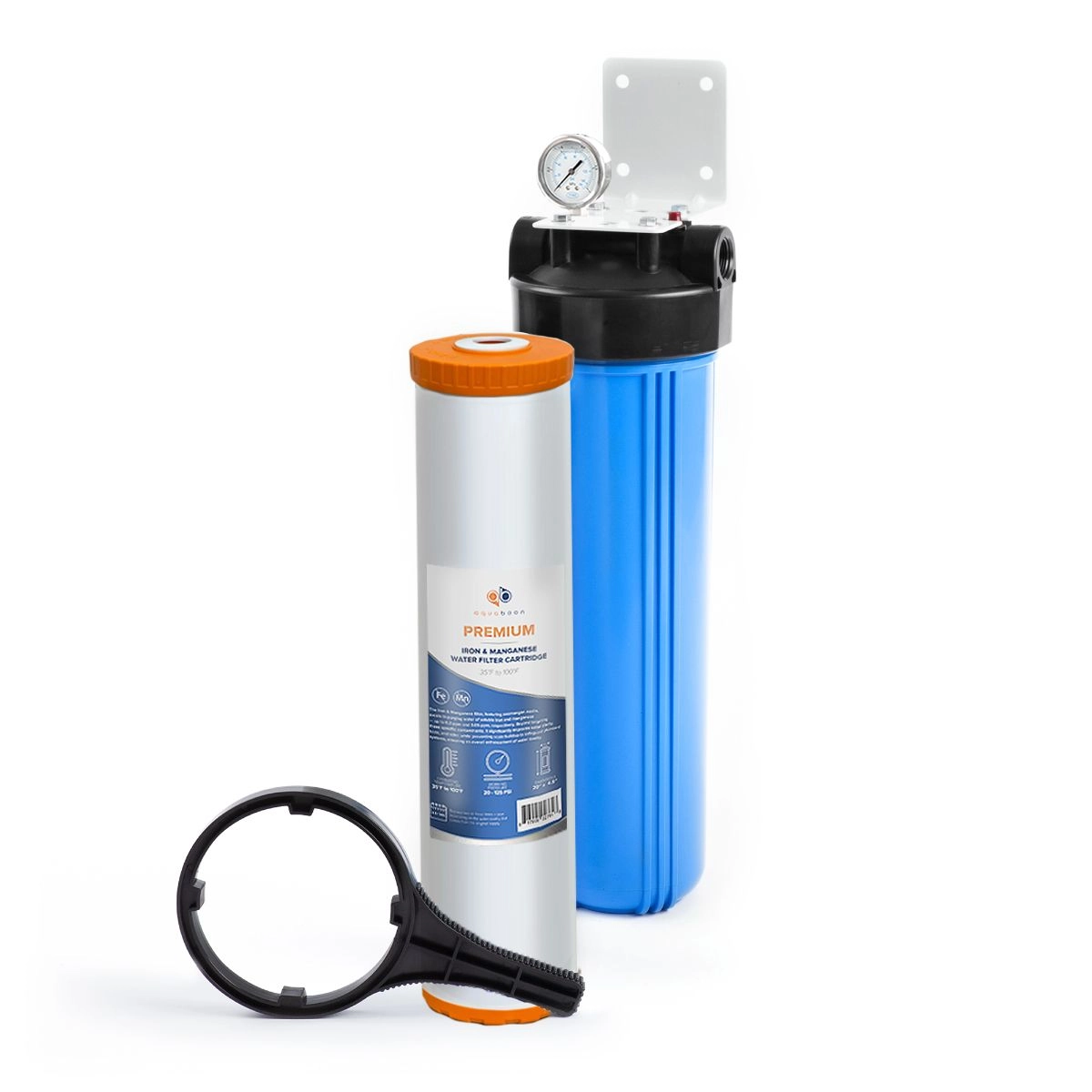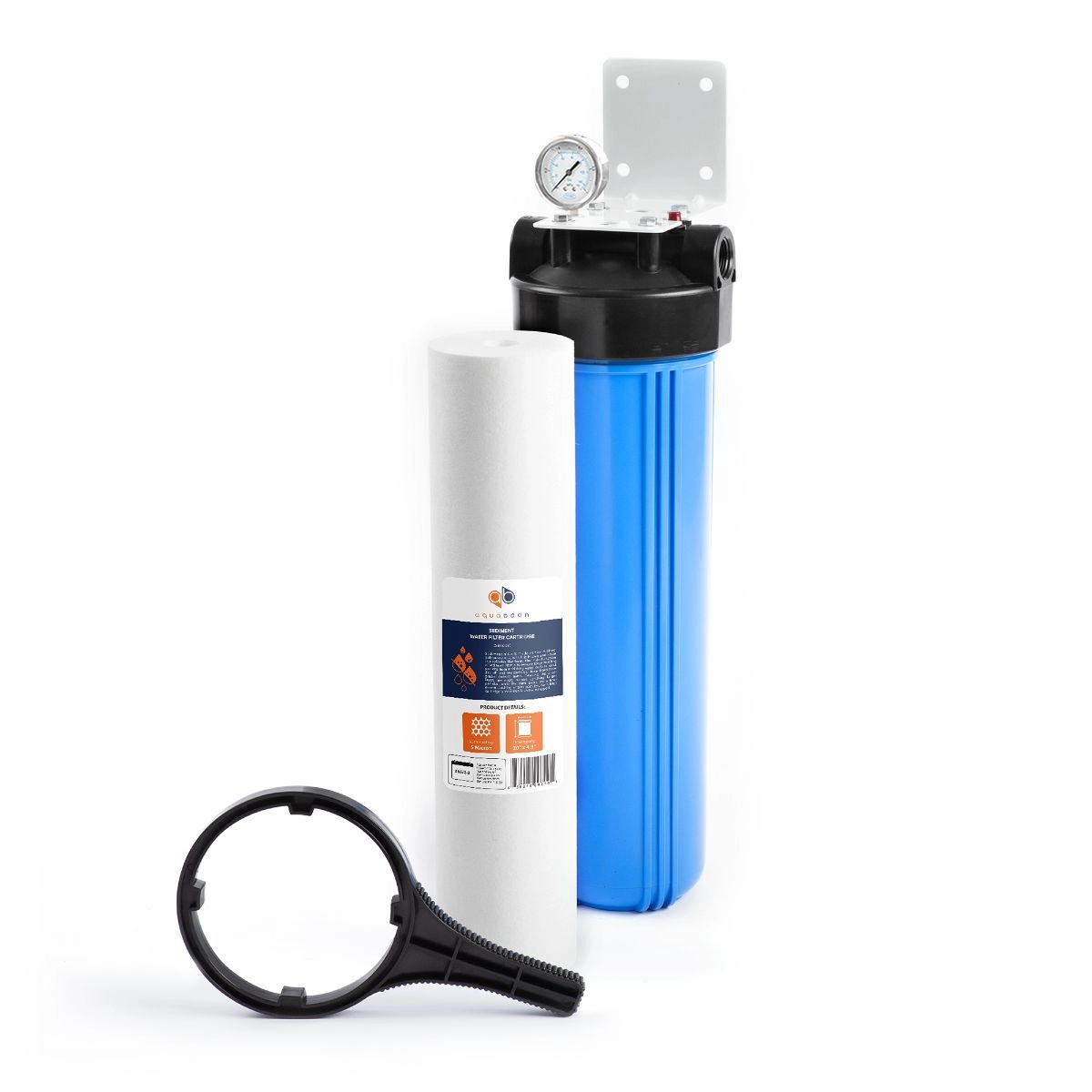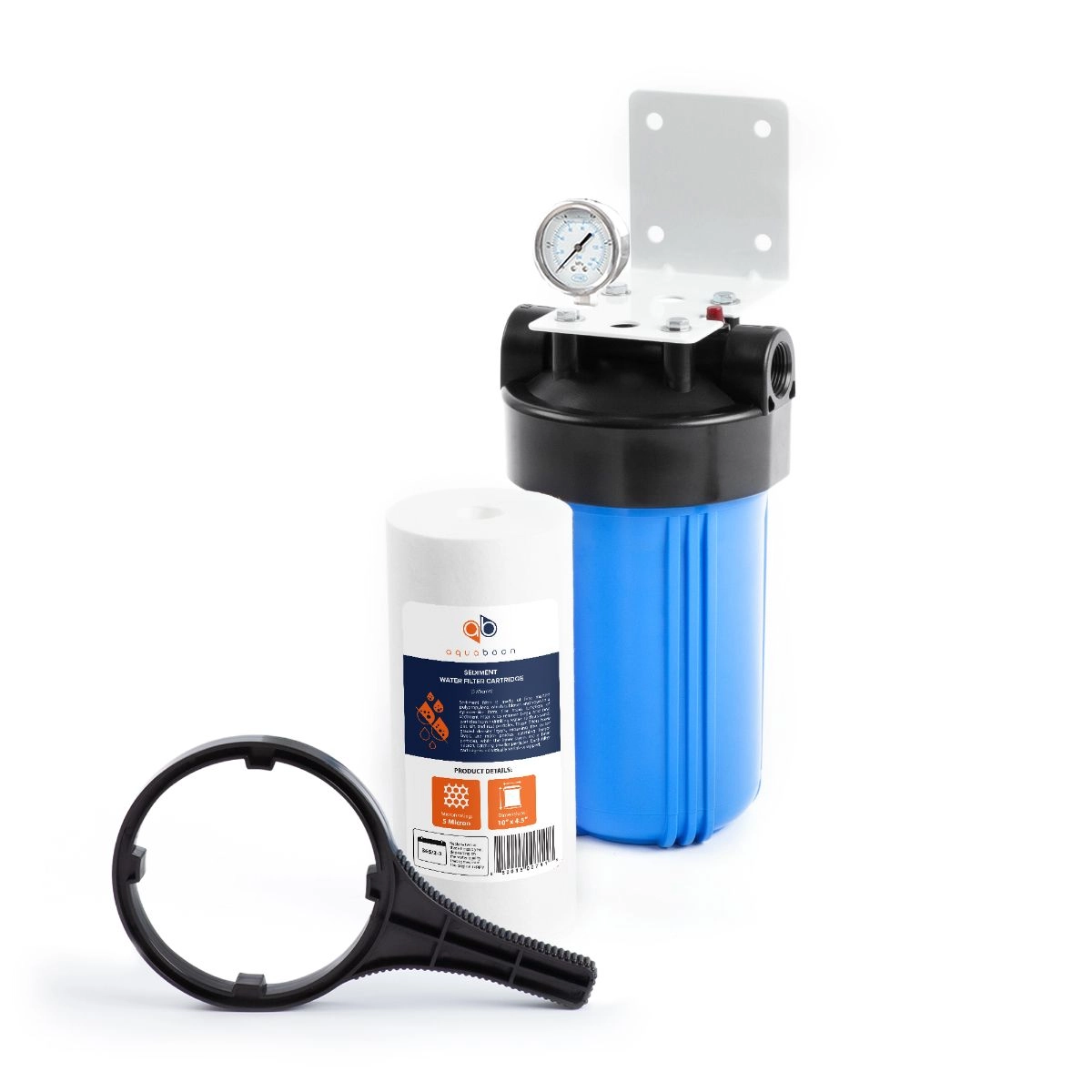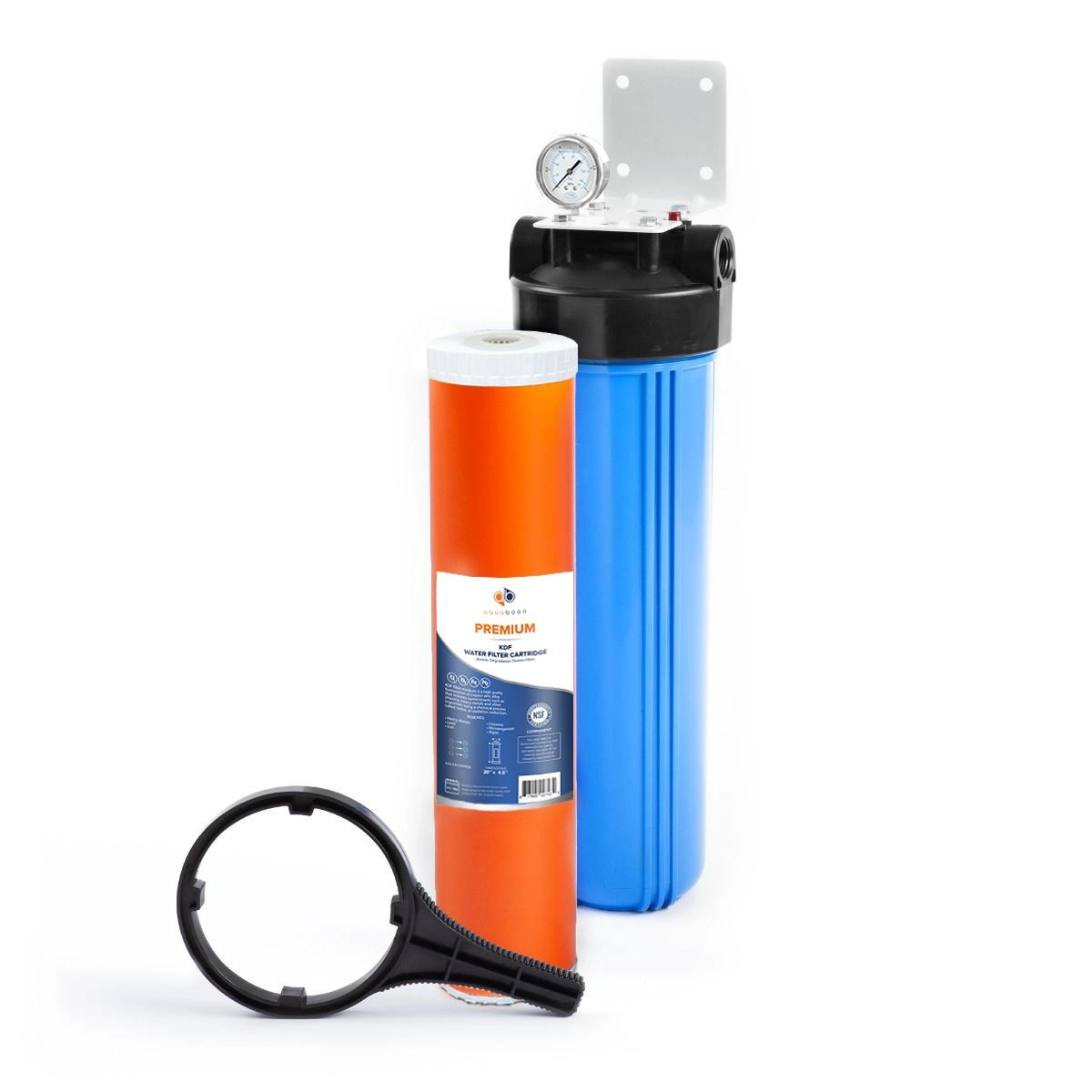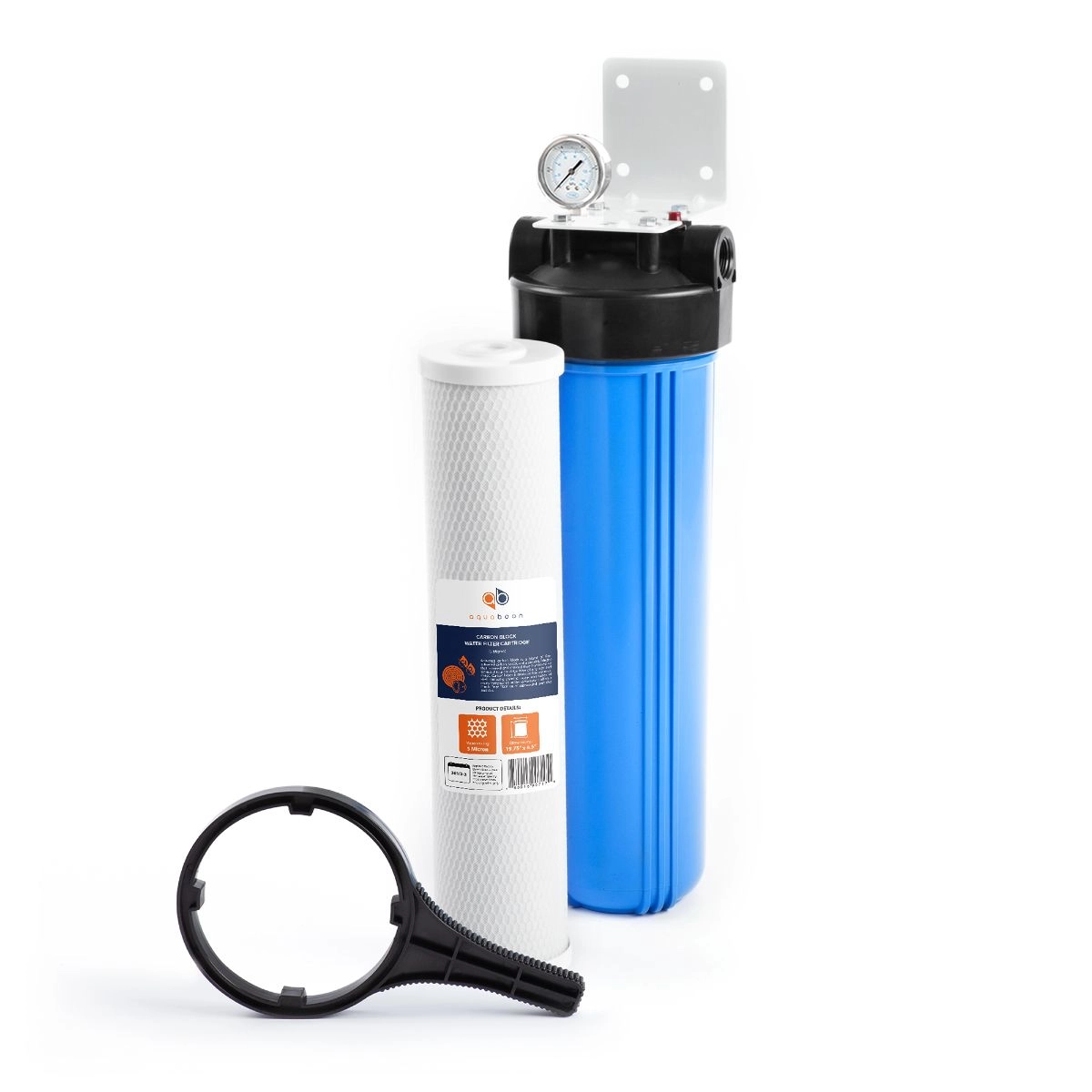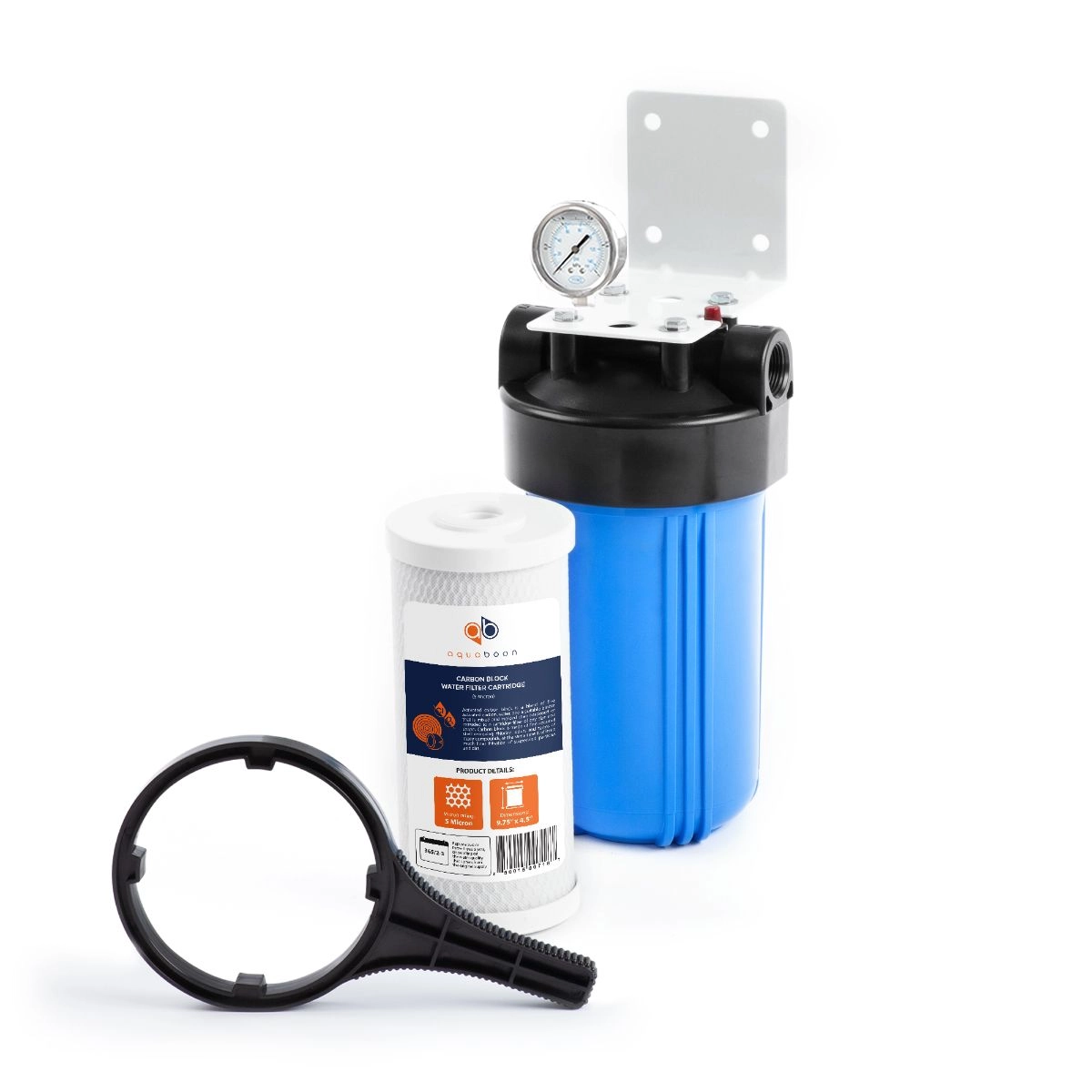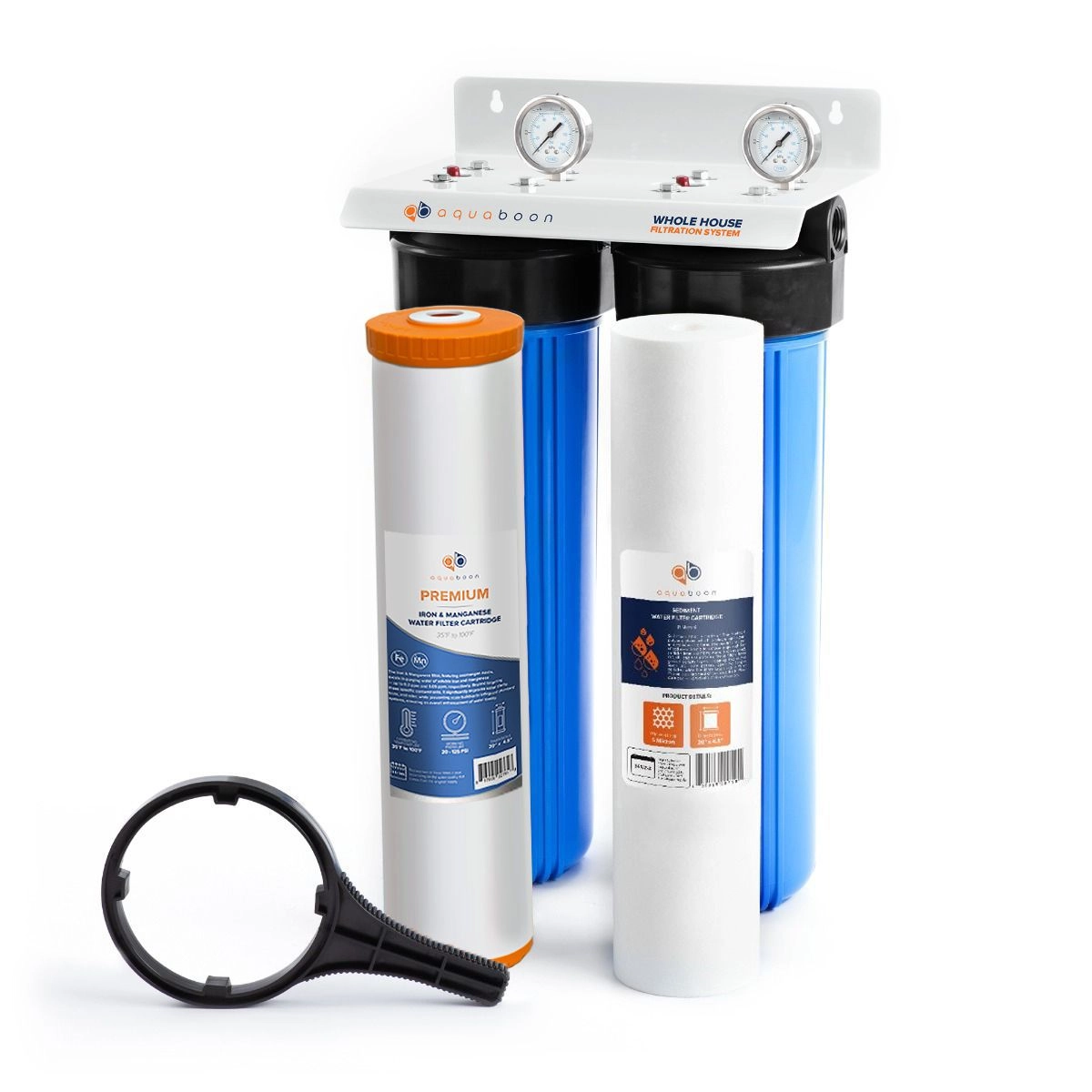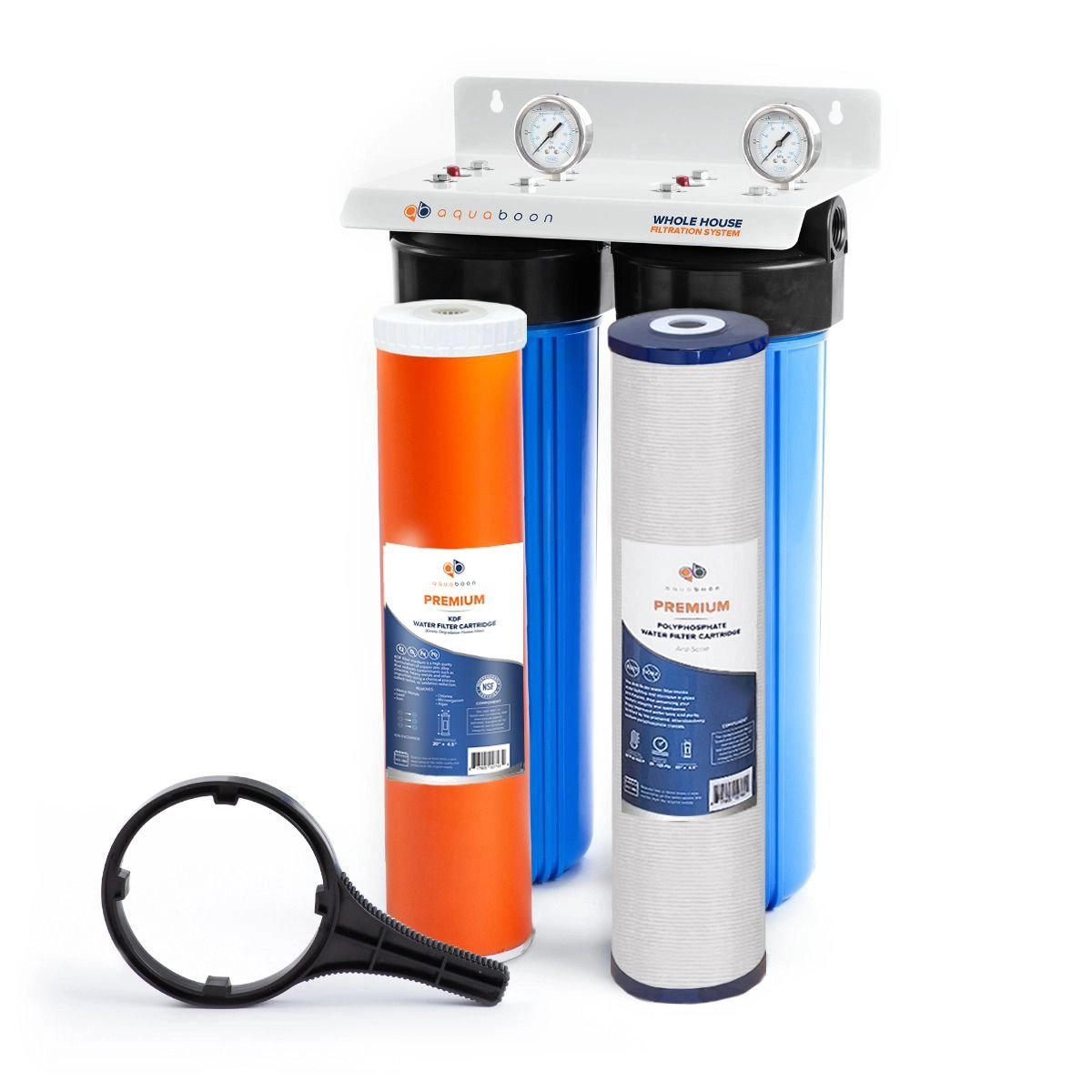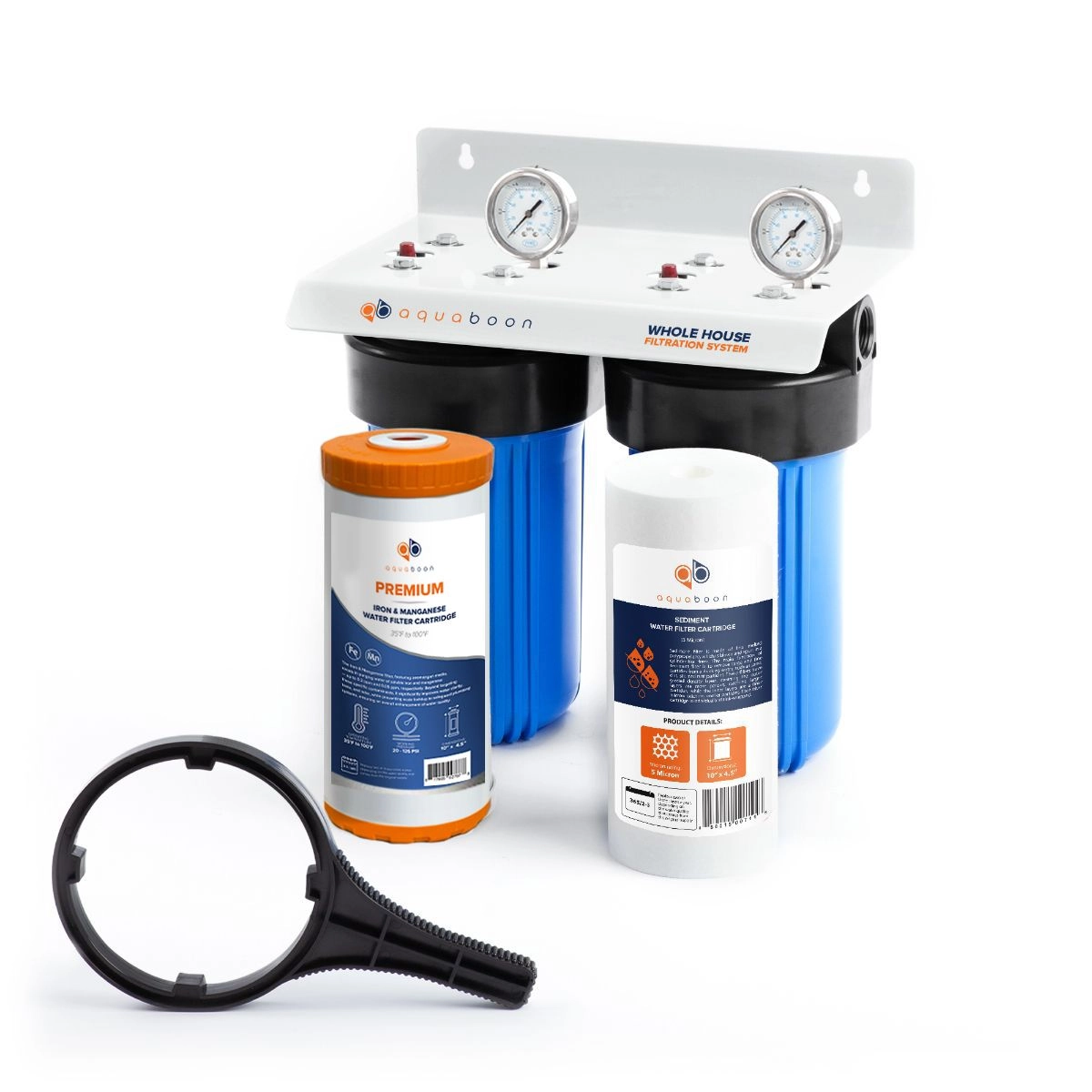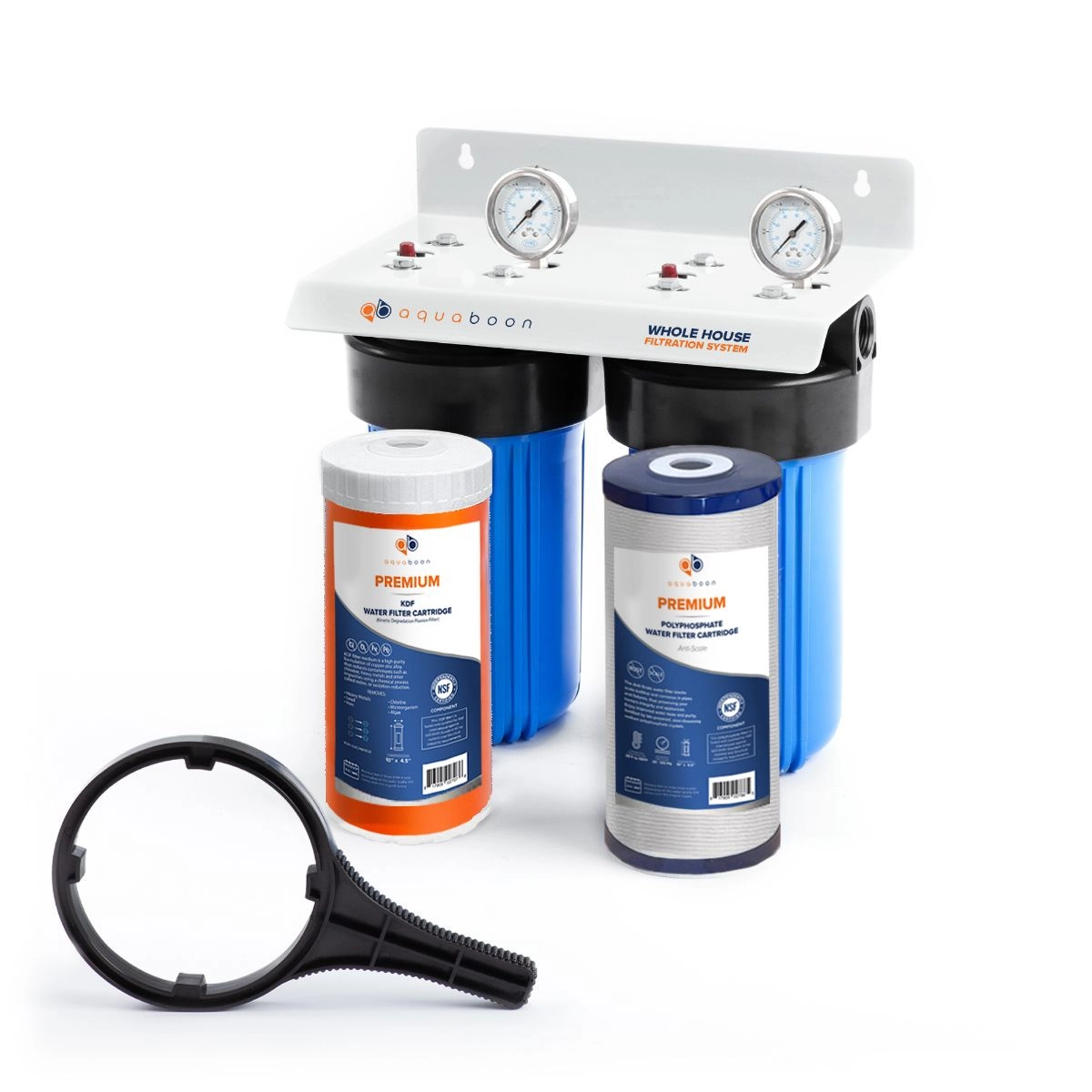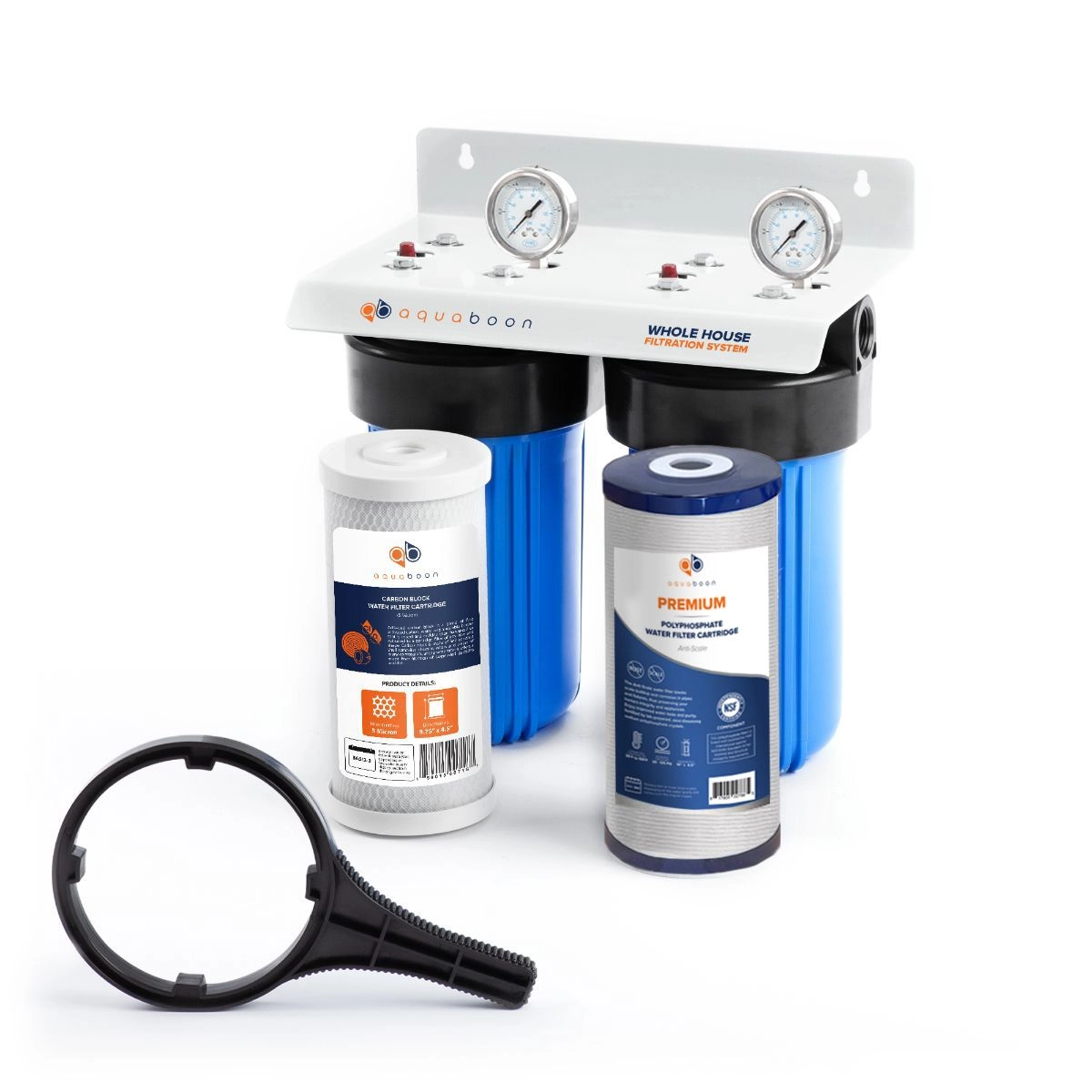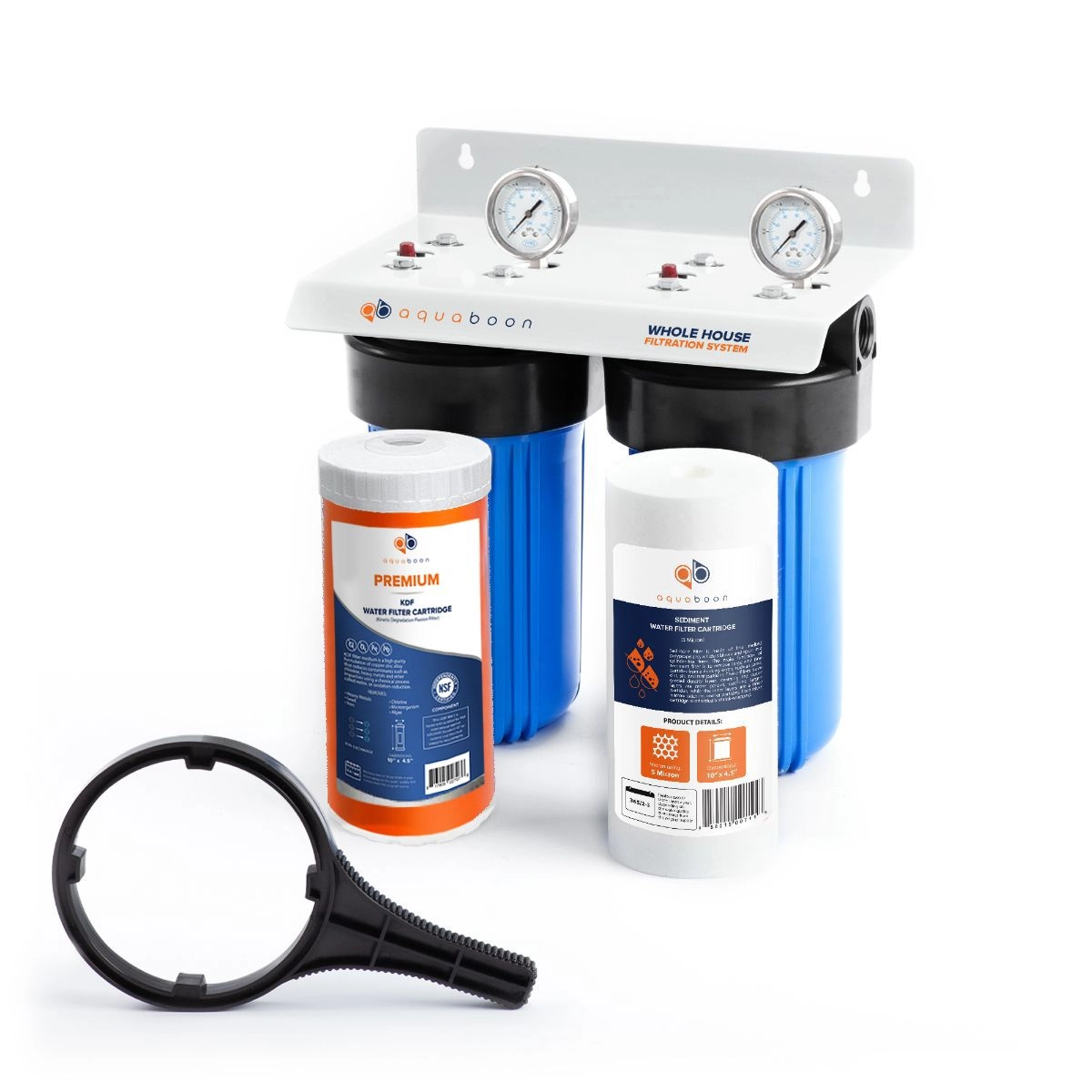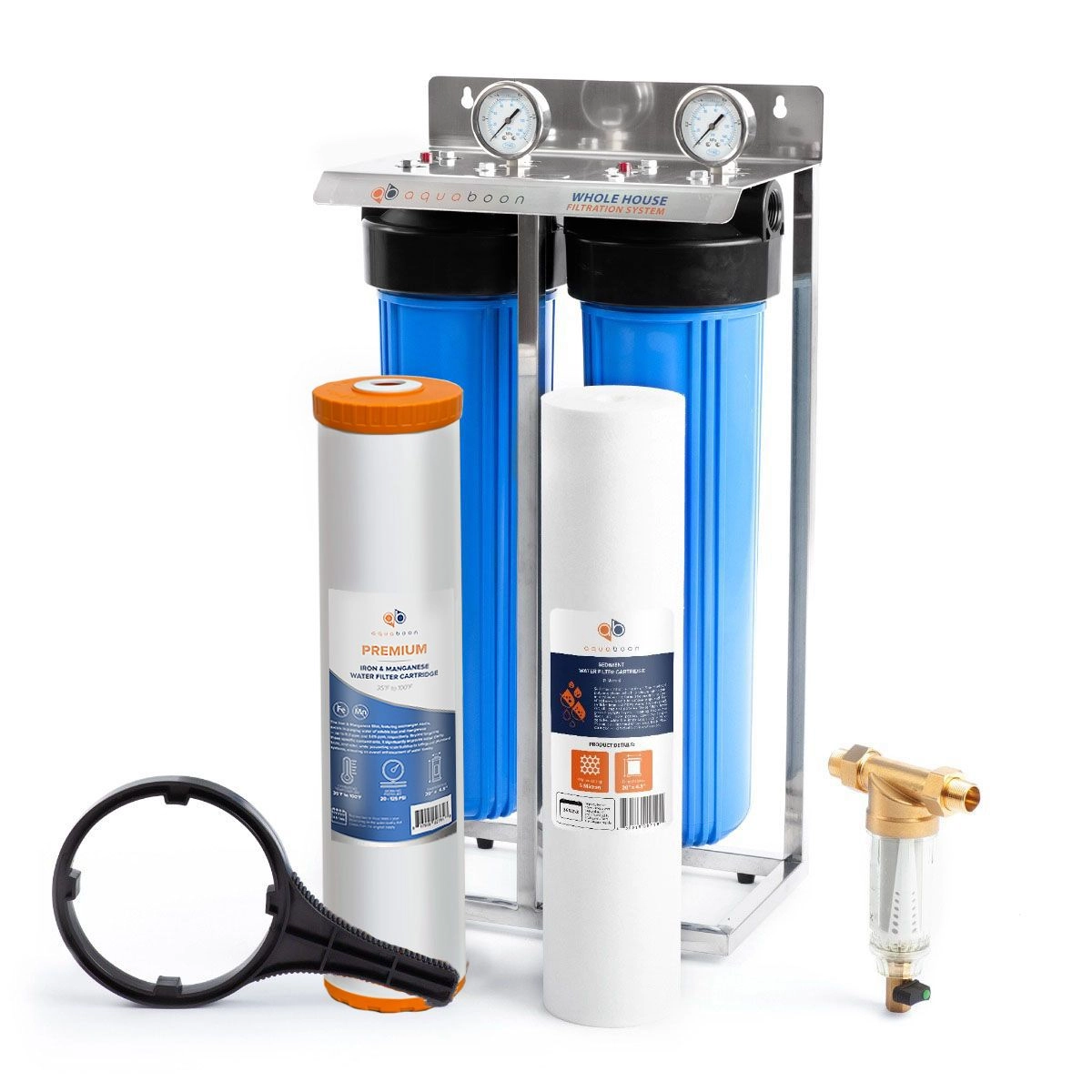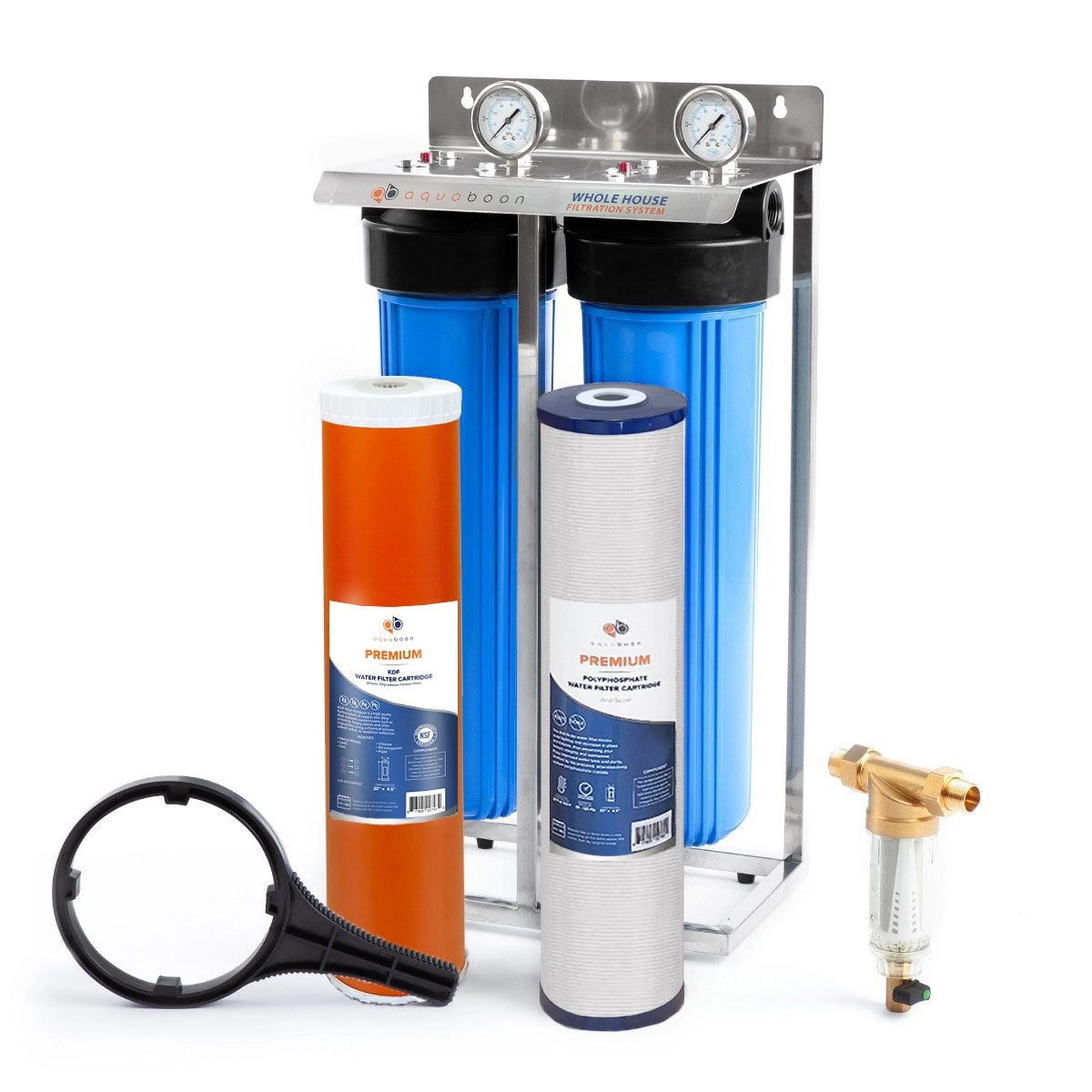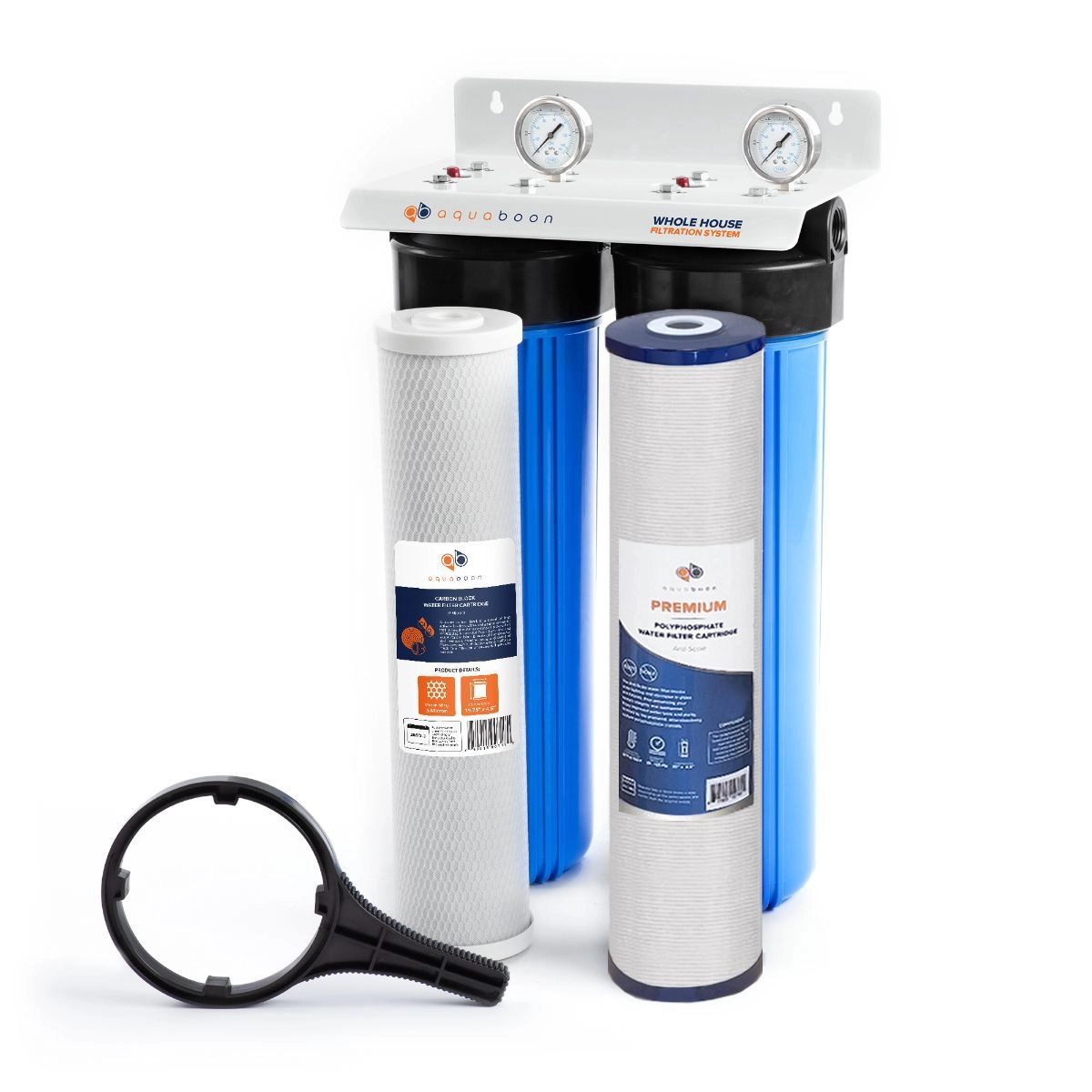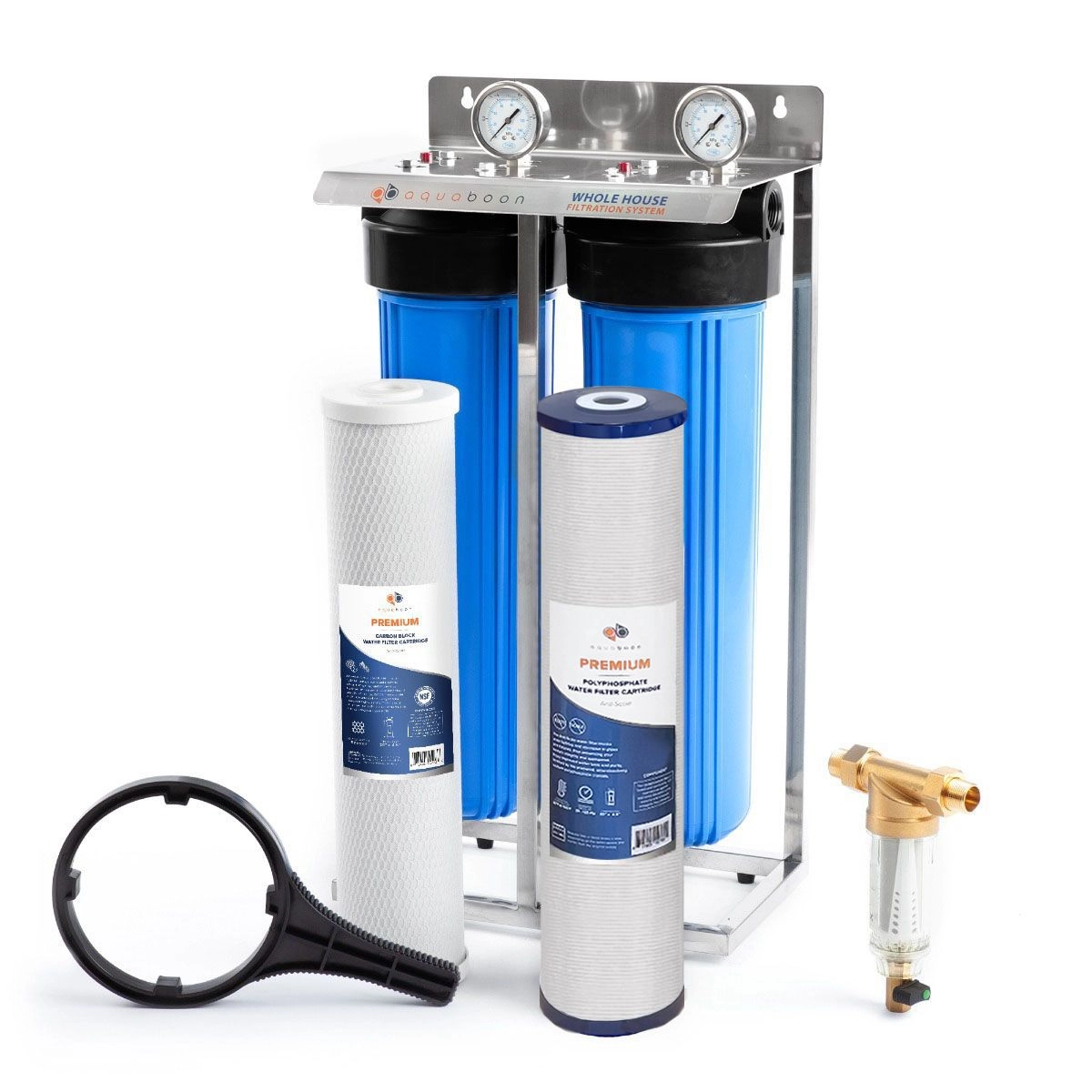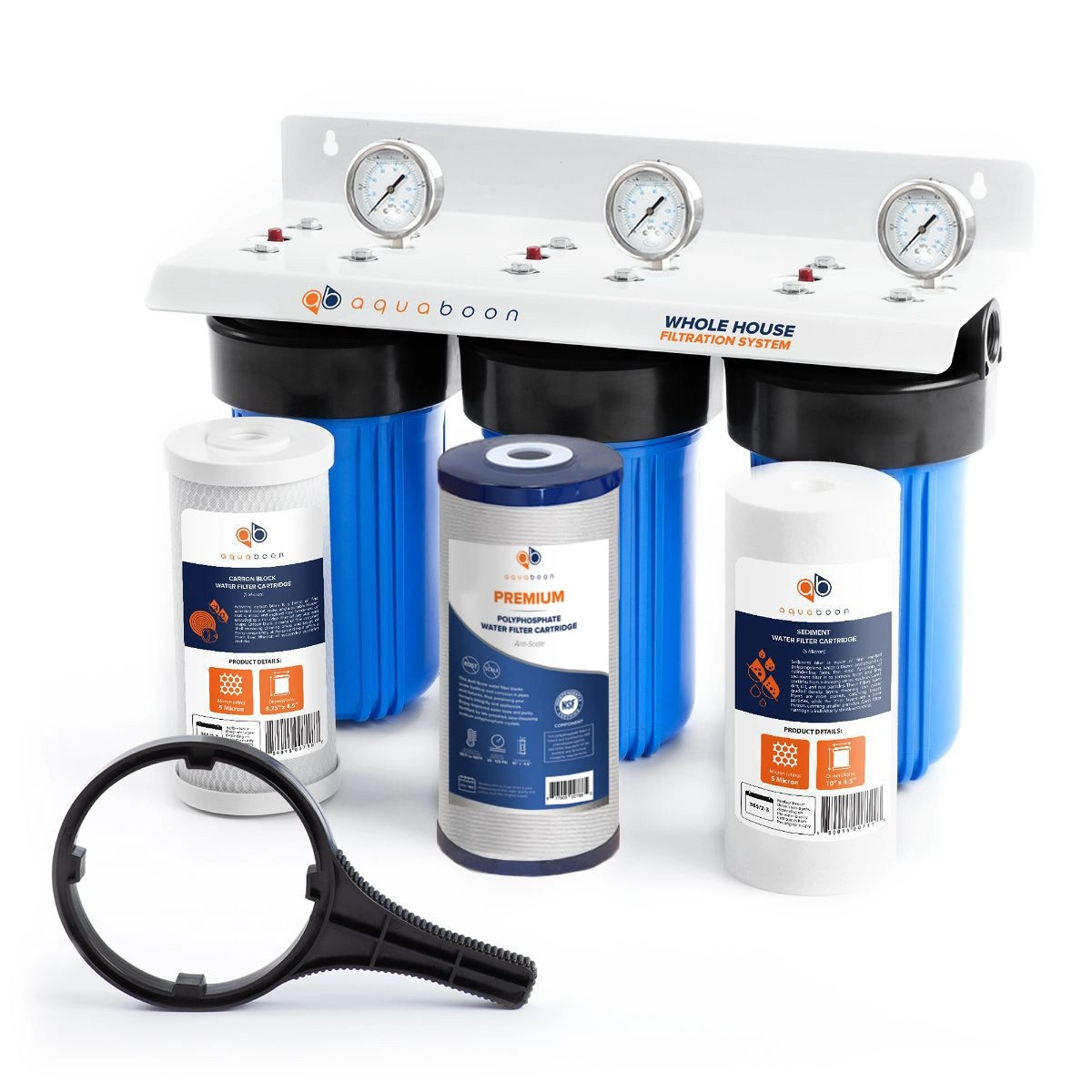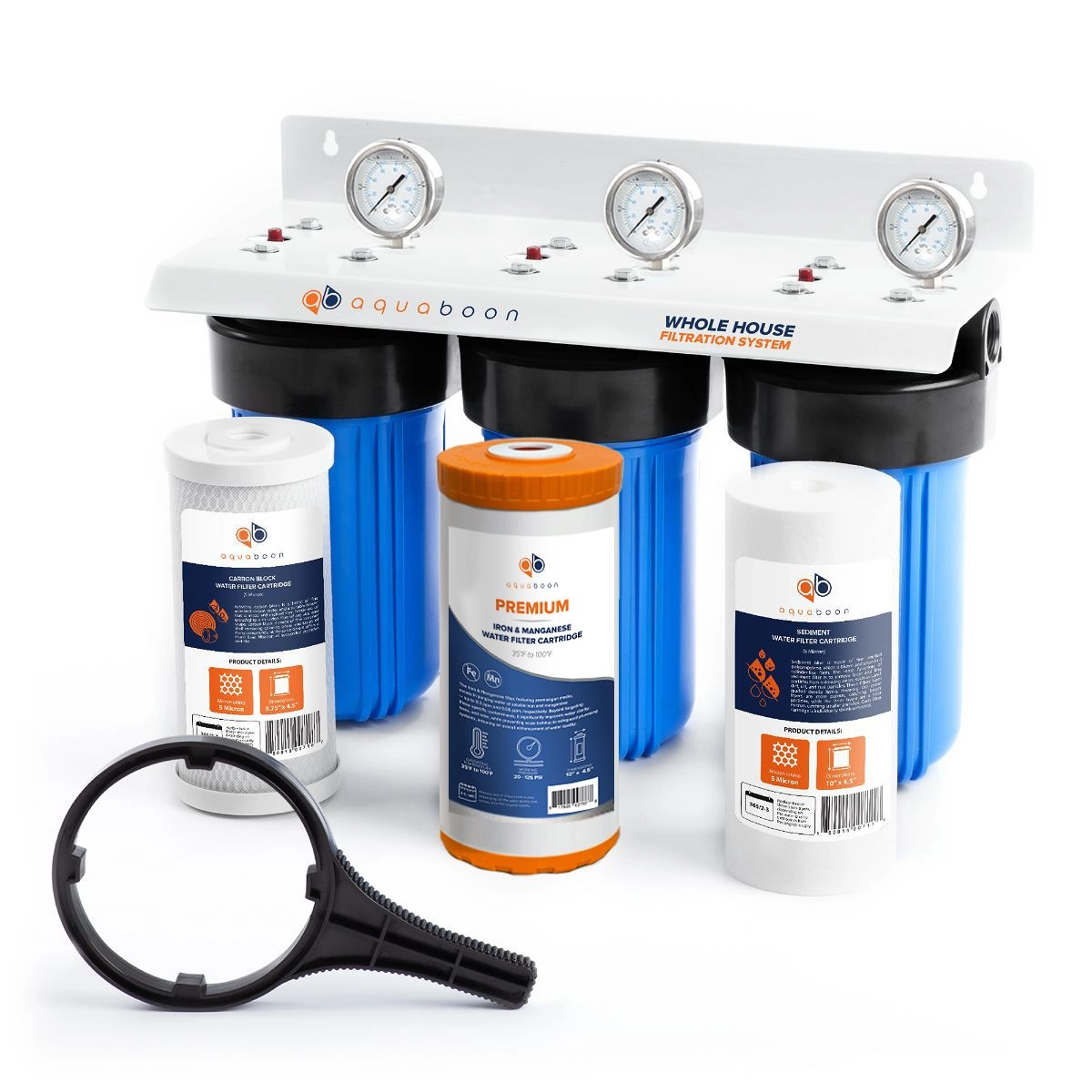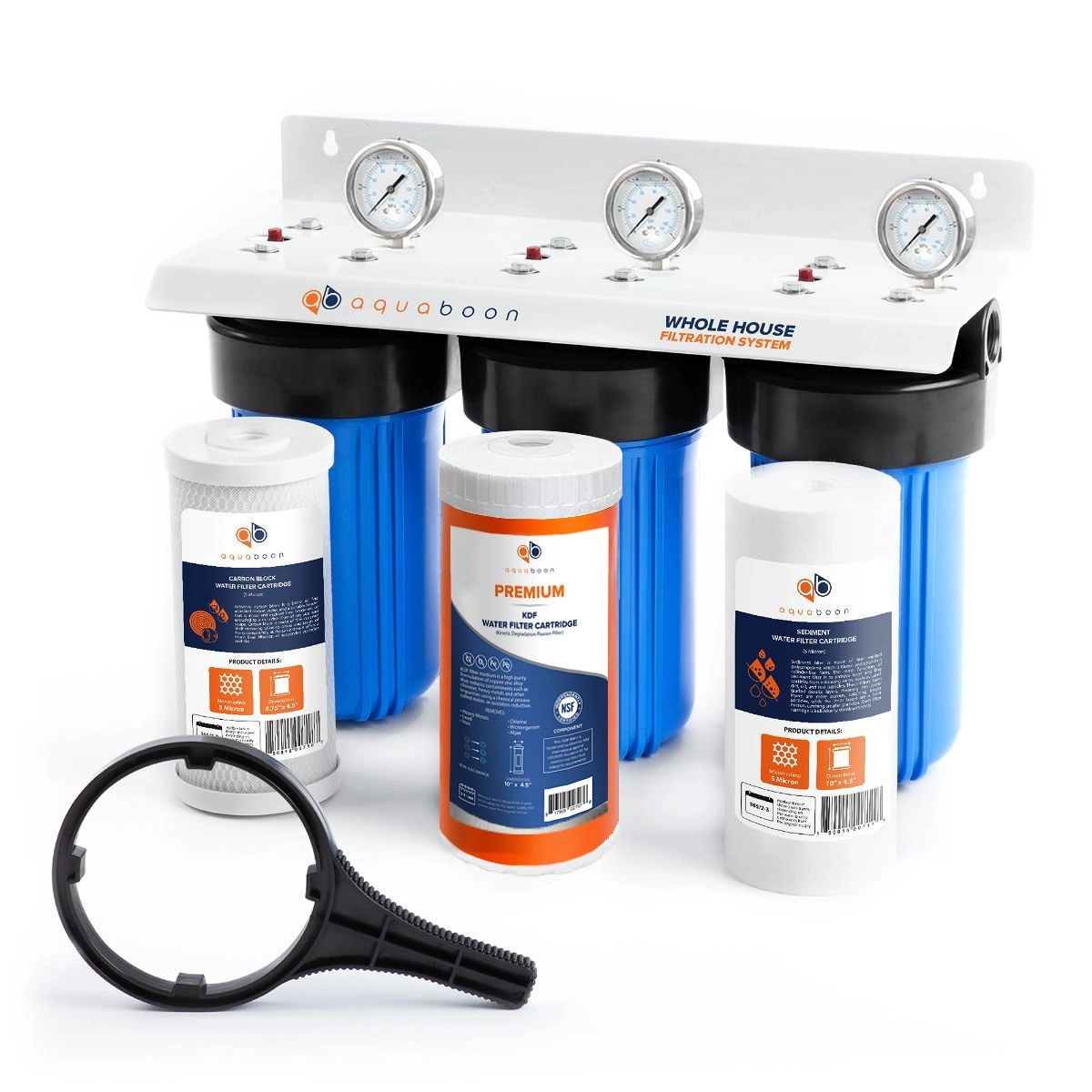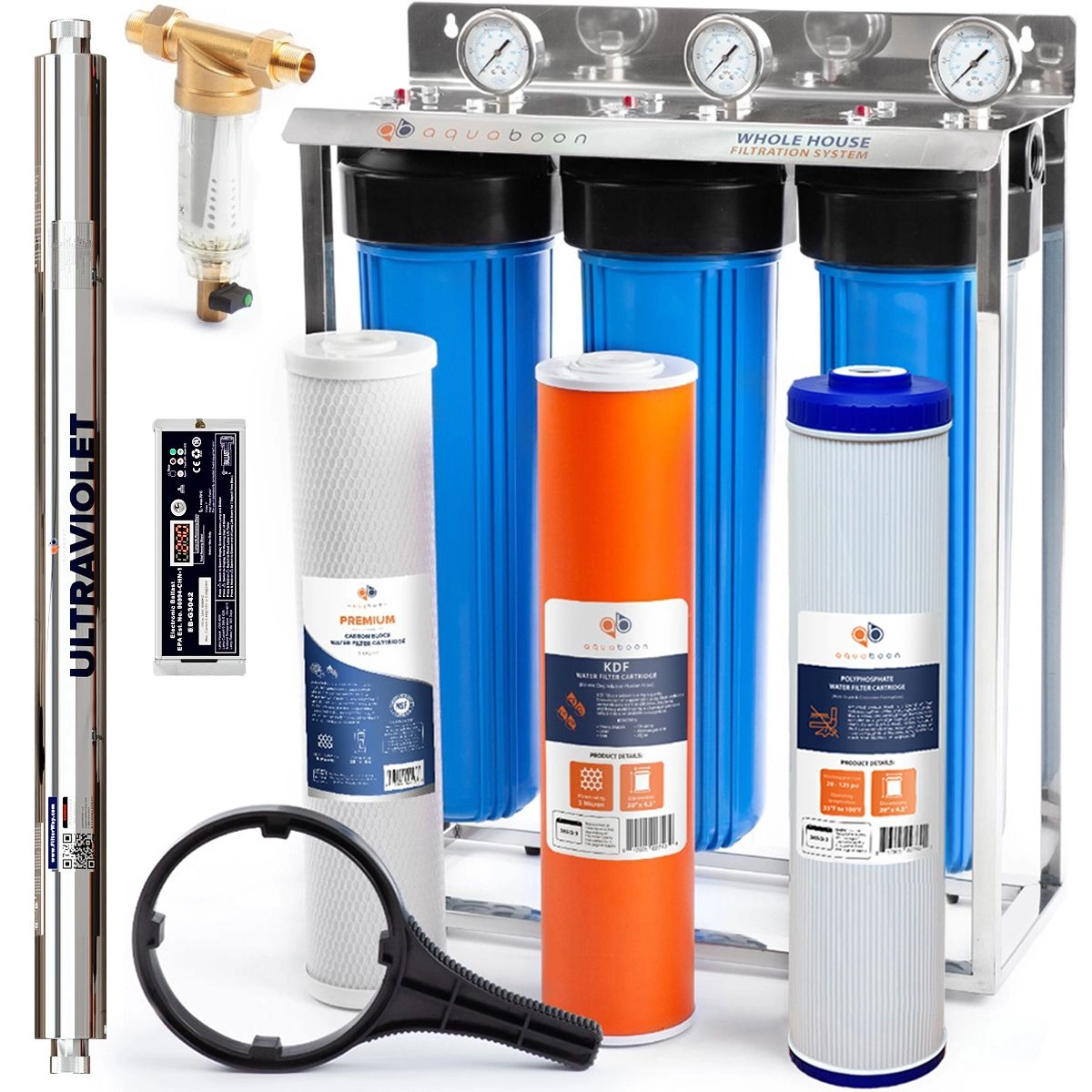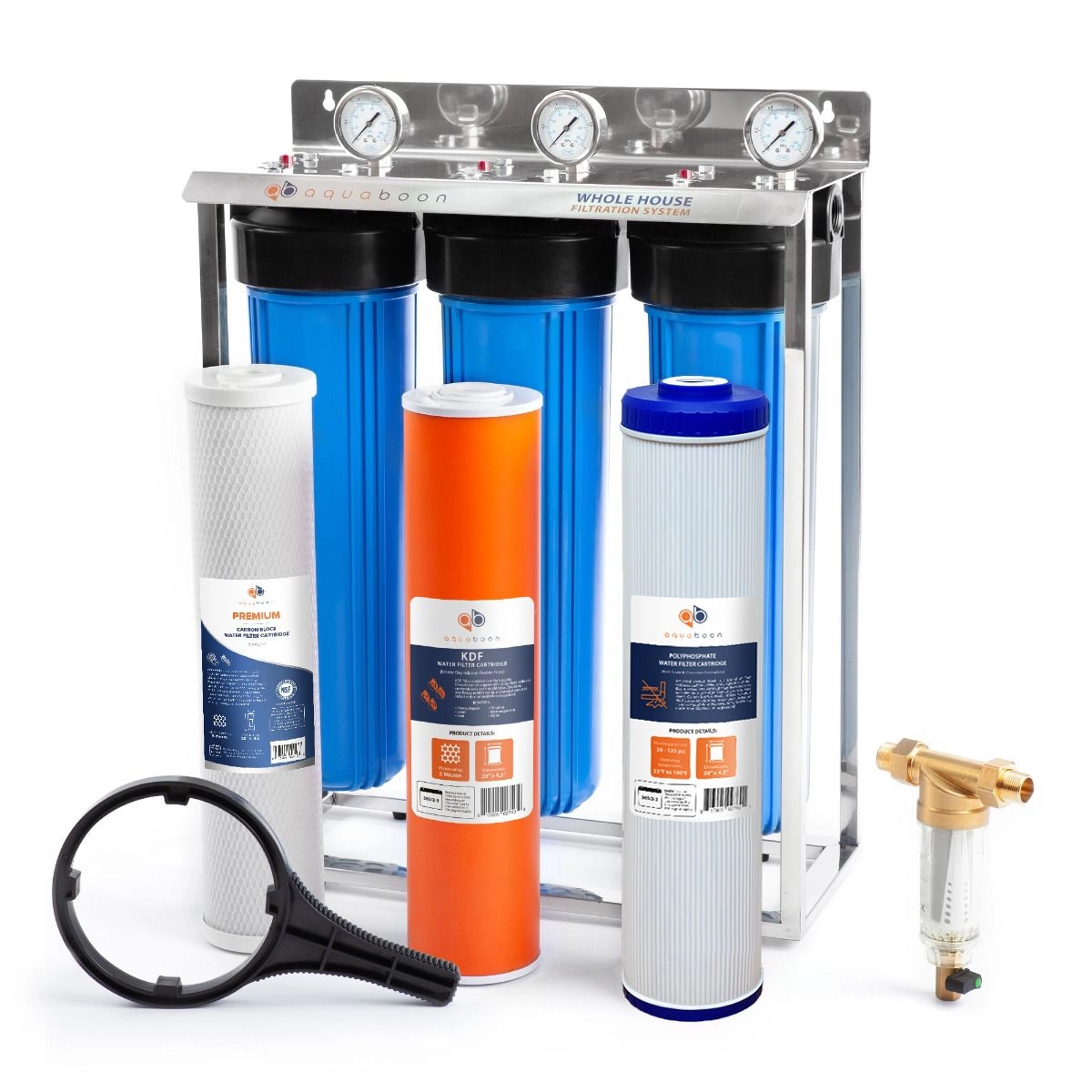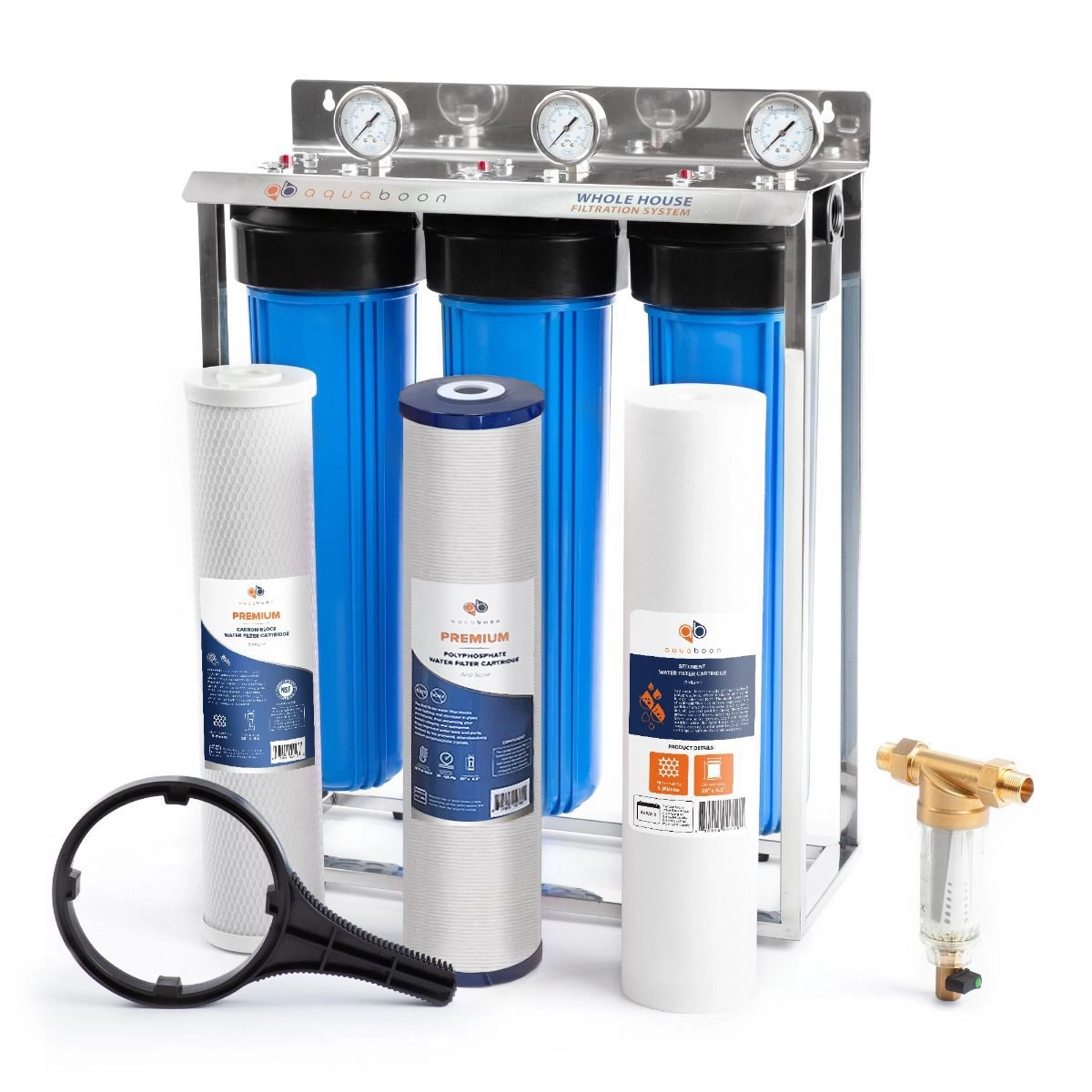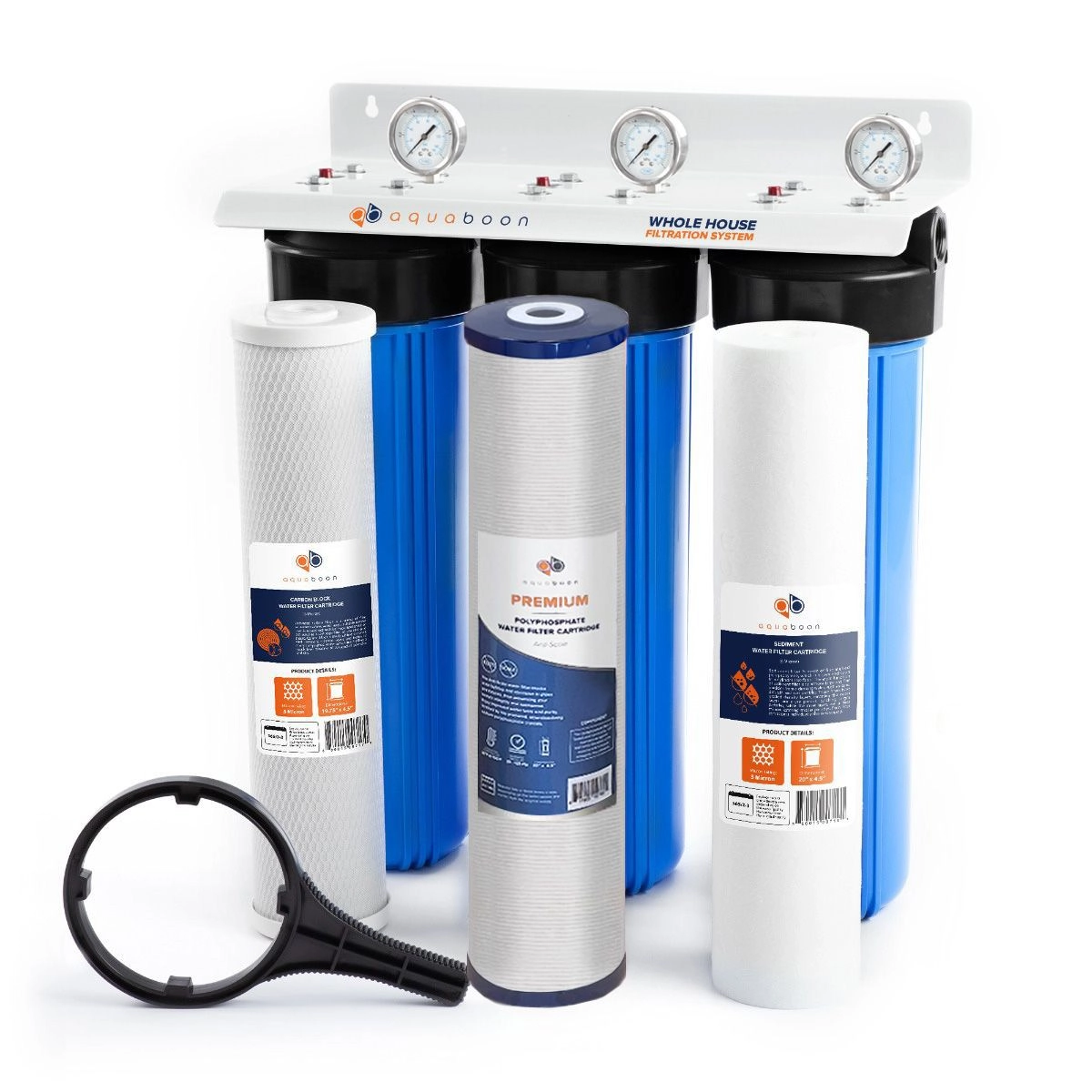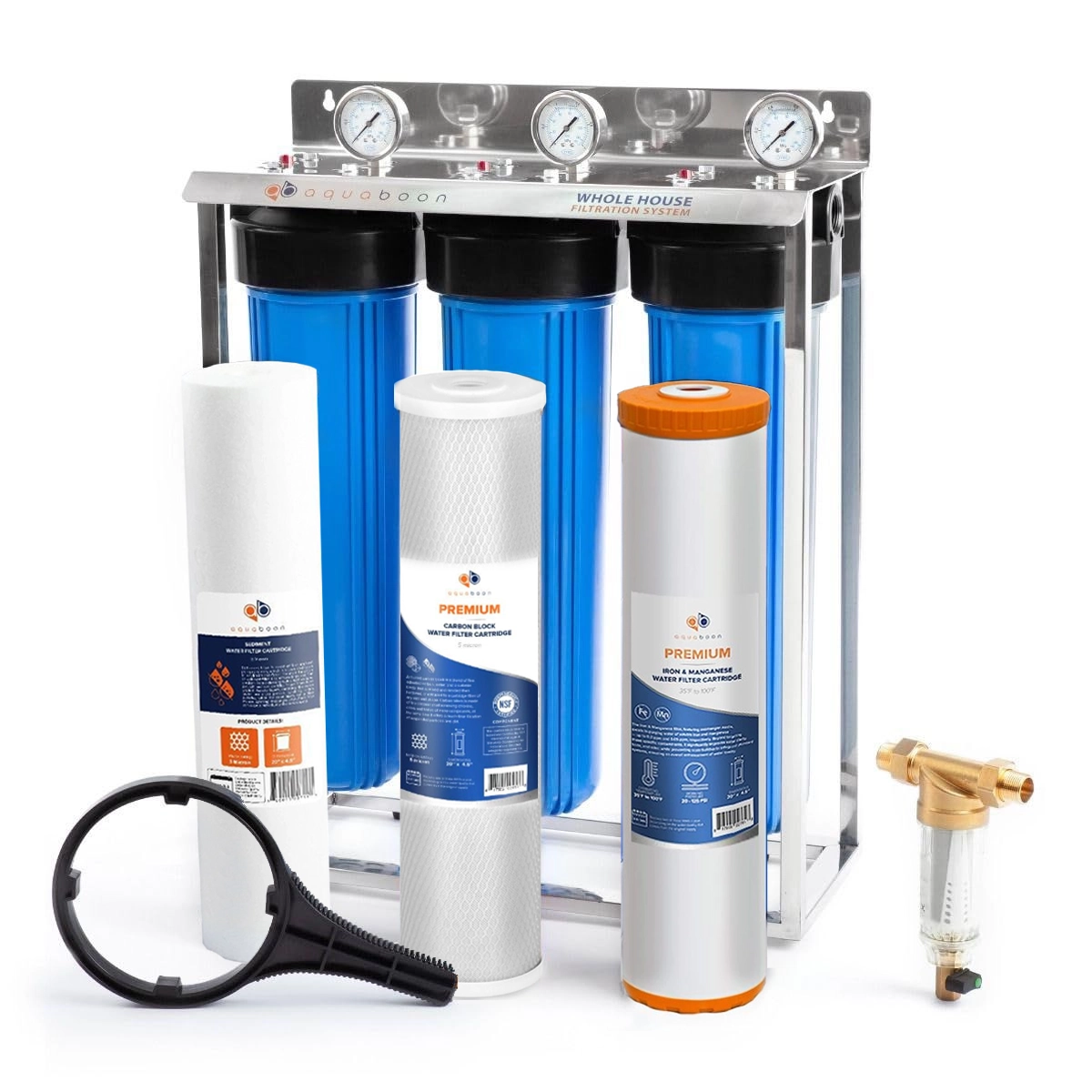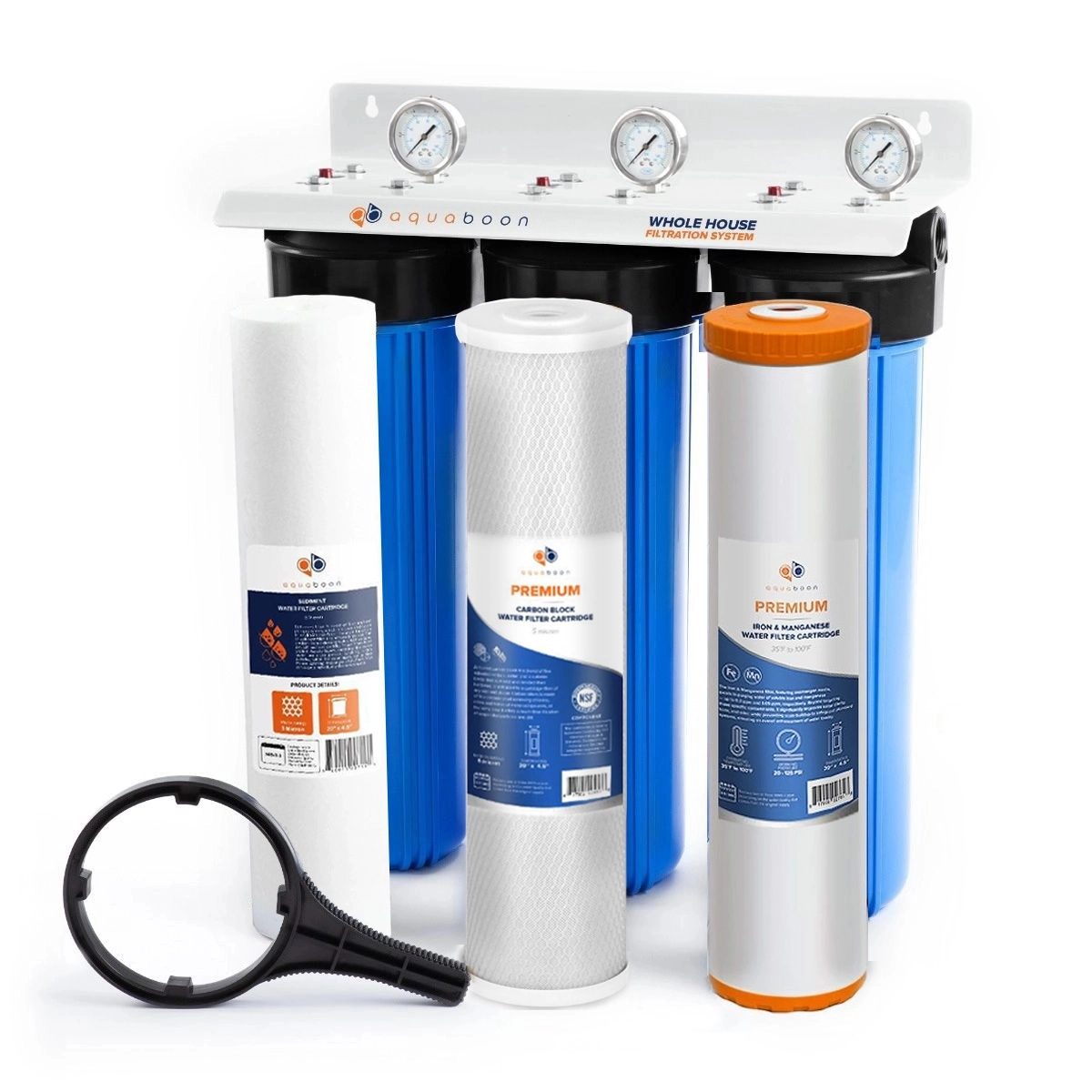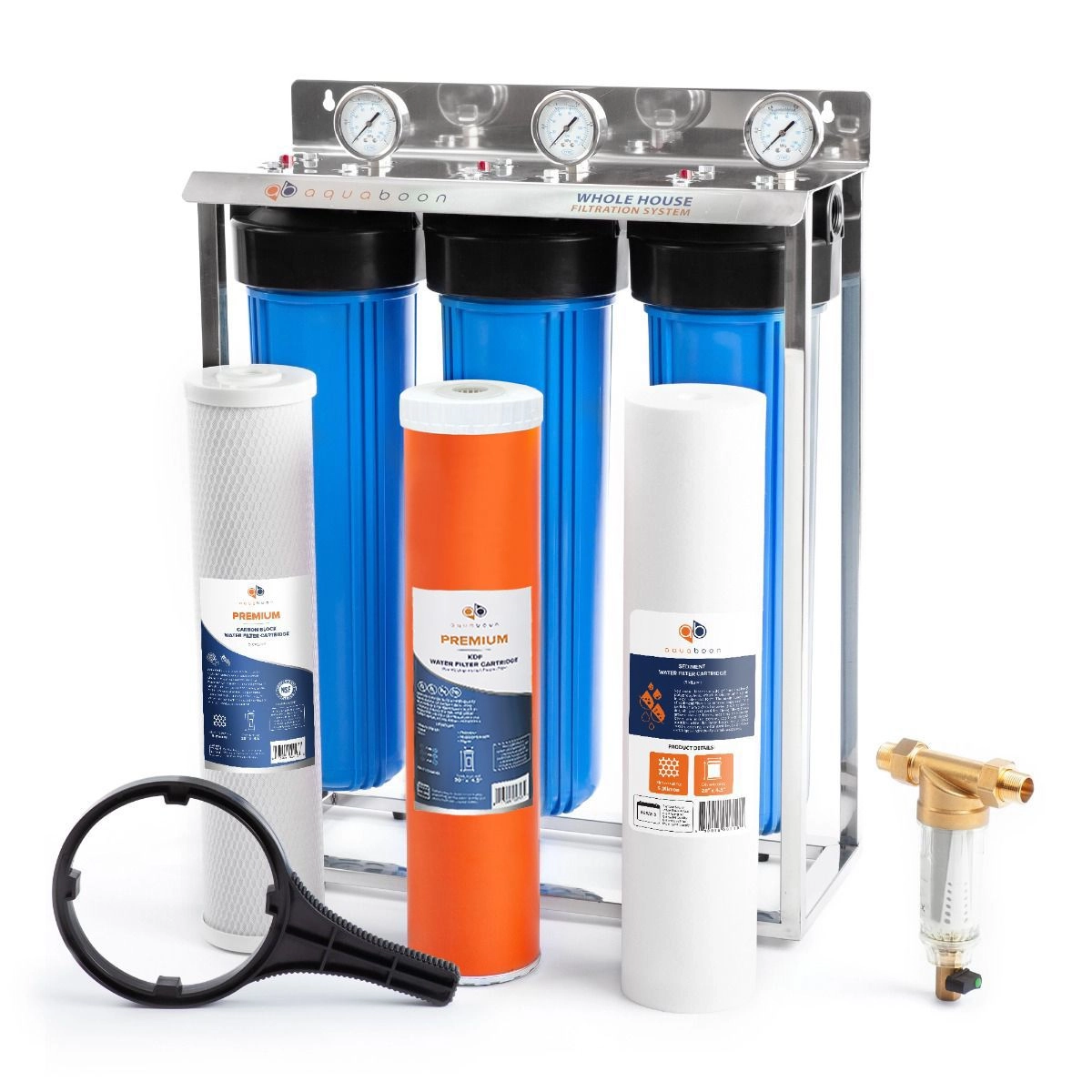Ever wondered what is the best water filtration system for home? With an abundance of choices available – ranging from simple pitchers to advanced reverse osmosis systems – the task might seem overwhelming. It's like trying to pick the perfect superhero suit from a variety of options, and they're all good in their own way. However, it doesn't have to be complicated.
In this article, we'll explore the different types of water filters out there, including faucet-mounted filters, reverse osmosis systems, UV purifiers, and undersink filters. We'll break down the good and the bad of each, making it easy for you to pick the one that's just right for your water purification needs.
Types of Water Filters for Home Use
Here are the different water filtration system types, each with its features, pros, and cons:
Reverse Osmosis (RO) Systems
RO systems represent the pinnacle of water filtration technology. They work using semipermeable membranes, designed to let only water molecules through, thus capturing and removing a broad spectrum of impurities. The impurities include bacteria, viruses, and heavy metals, which are retained and then flushed out of the system. The outcome is water that is highly purified, devoid of harmful substances, and safe to drink. RO systems typically require regular replacement and propper maintenance. The system efficiency also depends on the quality of RO replacements like faucets and membranes.
Pros:
- Removes 99% of contaminants.
- Provides purified water for all domestic needs.
- Eliminates taste and odor
Cons:
- Wastes lots of water during filtration.
- Requires regular maintenance and replacements.
- Removes beneficial minerals along with contaminants, potentially affecting water taste.
Faucet-Mounted Filters
These are user-friendly systems attached directly to the faucet, providing immediate access to purified water. With minimal installation effort, no specialized tools, and low maintenance, usually just occasional filter cartridge replacement, they are a convenient option. They effectively remove common contaminants like chlorine, lead, bacteria, and parasites, ensuring clean and safe water.
Pros:
- Easy installation without any plumbing modifications.
- An affordable option for basic filtration needs.
- Some models offer switchable filtration modes.
Cons:
- Limited filtration capacity compared to larger systems.
- May be unnecessary if you have the whole house filtration system in a place
- May not effectively remove specific contaminants.
- Can slow down the flow from the faucet.
Countertop Filters
These units sit right on your countertop and connect to your faucet, usually with a separate spout for giving out the filtered water. They have several stages of cleaning, getting rid of lots of bad stuff like chlorine, lead, VOCs, heavy metals, and cysts. However, if you already have a whole-house system in place, countertop filters may not offer significant advantages and could be redundant.
Pros:
- No plumbing changes are required for installation.
- Larger filtration capacity than faucet-mounted filters.
- Portable and can be moved if needed.
Cons:
- Takes up countertop space.
- Filtration effectiveness can vary based on the type of filter used.
- May not be suitable for purifying large quantities of water.
Shower Filters
While these filters are designed to either attach to the showerhead or be installed in the shower's water line, they do come with certain limitations when compared to comprehensive whole-house filtration systems. Thus, their effectiveness may be diminished if you already have a whole-house system in place. Nevertheless, for those without such systems, these filters can still offer some benefits.
These filters use activated carbon or KDF to remove contaminants like chlorine, chloramines, heavy metals, and bacteria, improving skin and hair health and enhancing the shower experience. Some also include a vitamin C filter to neutralize chlorine and chloramines and nourish skin and hair.
Installation is straightforward, and filters typically need replacement every 6-12 months, depending on water quality and usage. Despite this maintenance, many find the benefits of cleaner, healthier water well worth the effort.
Pros:
- Reduces chlorine exposure during showers, benefiting skin and hair health.
- Some models can remove sediment and odors.
- Easy installation without plumbing changes.
Cons:
- Limited filtration compared to whole-house systems.
- May not effectively remove specific contaminants.
- Filter replacement is necessary over time.
Whole House Systems
One of the best filtration systems to invest in is the whole-house filtration system. Installed at entry, this system ensures all household water is filtered. This contrasts with point-of-use models catering to individual needs, like facets or shower filters.
Whole house systems manage high fluid volumes, providing comprehensive filtration with low upkeep, while localized point-of-use filters, such as pitcher, shower, or fridge filters, treat specific outlets and require more frequent upkeep.
The most common whole house system type is cartridge-based system. It incorporates a filter housing with three separate cartridges, each with a distinct filtration media. This setup ensures comprehensive purification, enhancing water quality for various domestic uses.
Considering the solutions the whole house systems provide, the water filtration system types may be divided into the following types:
- Heavy metals filtration: specifically designed to remove these harmful substances, ensuring your water is safe for consumption and everyday use.
- Iron & Manganese Filtration: designed to address iron and manganese sediment problems, enhancing the aesthetic quality of your water. These sediments often causing issues like staining, foul odors, and a metallic taste in your water.
- Anti-Scale Filtration: Hard water, characterized by high levels of calcium and magnesium ions, can lead to scale build-up in pipes and appliances. Anti-scale filtration cartridges are designed to combat this issue, extending the lifespan of your plumbing and appliances.
Whole house systems come in different configurations, including 1-stage, 2-stage, and 3-stage systems, each with its own unique advantages. The choice between the three depends on your contamination concerns, budget, and the level of filtration required for different areas of your home.
1-Stage System
1-stage whole house system filters, also known as single-stage filters, are relatively straightforward in their design and function. These filters use a single filtration medium to remove impurities from your tap water. The most common medium used is activated carbon, which adsorbs contaminants as water passes through it. They are usually easy to install and require minimal maintenance.


